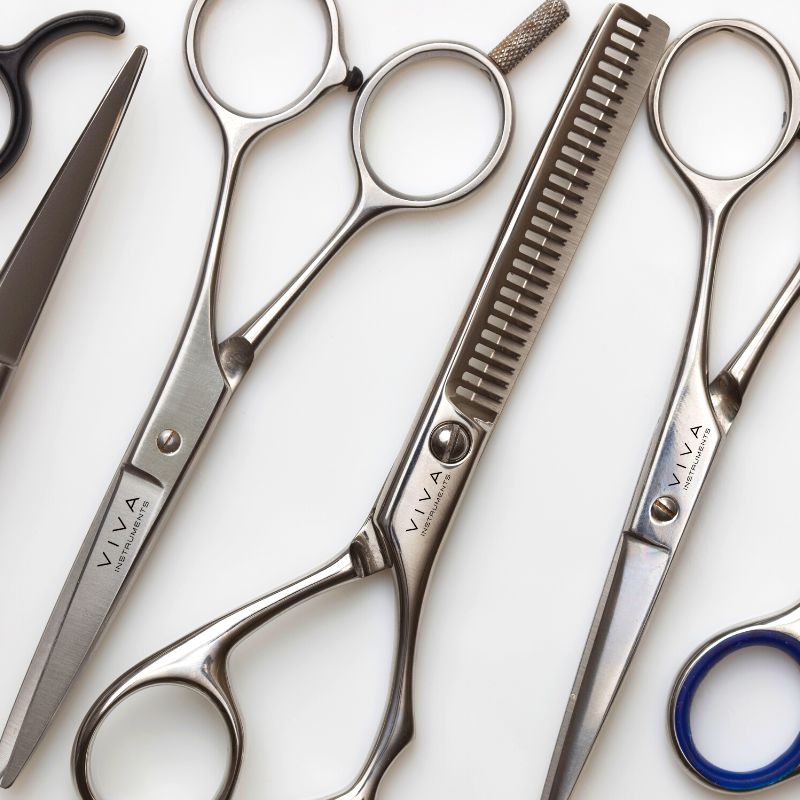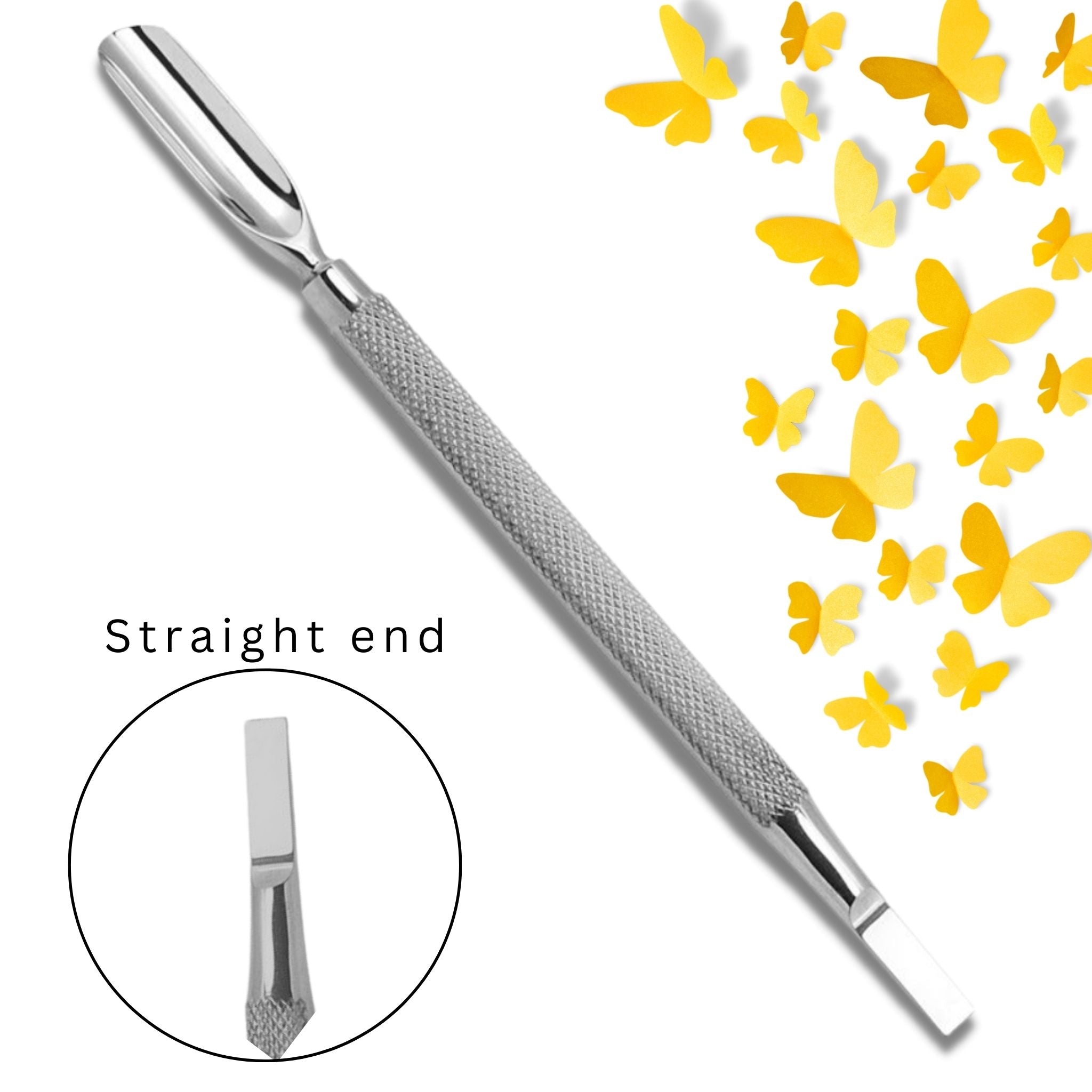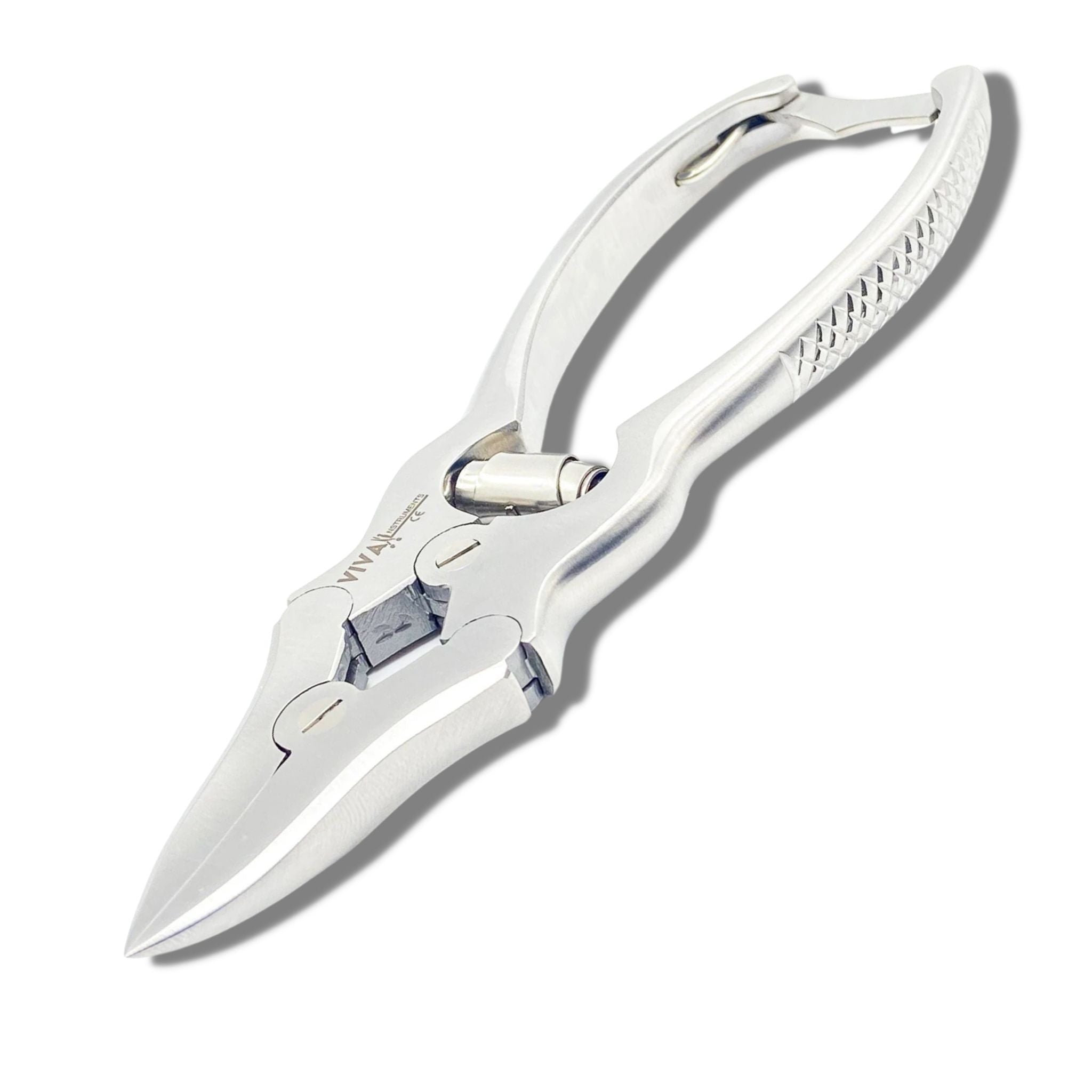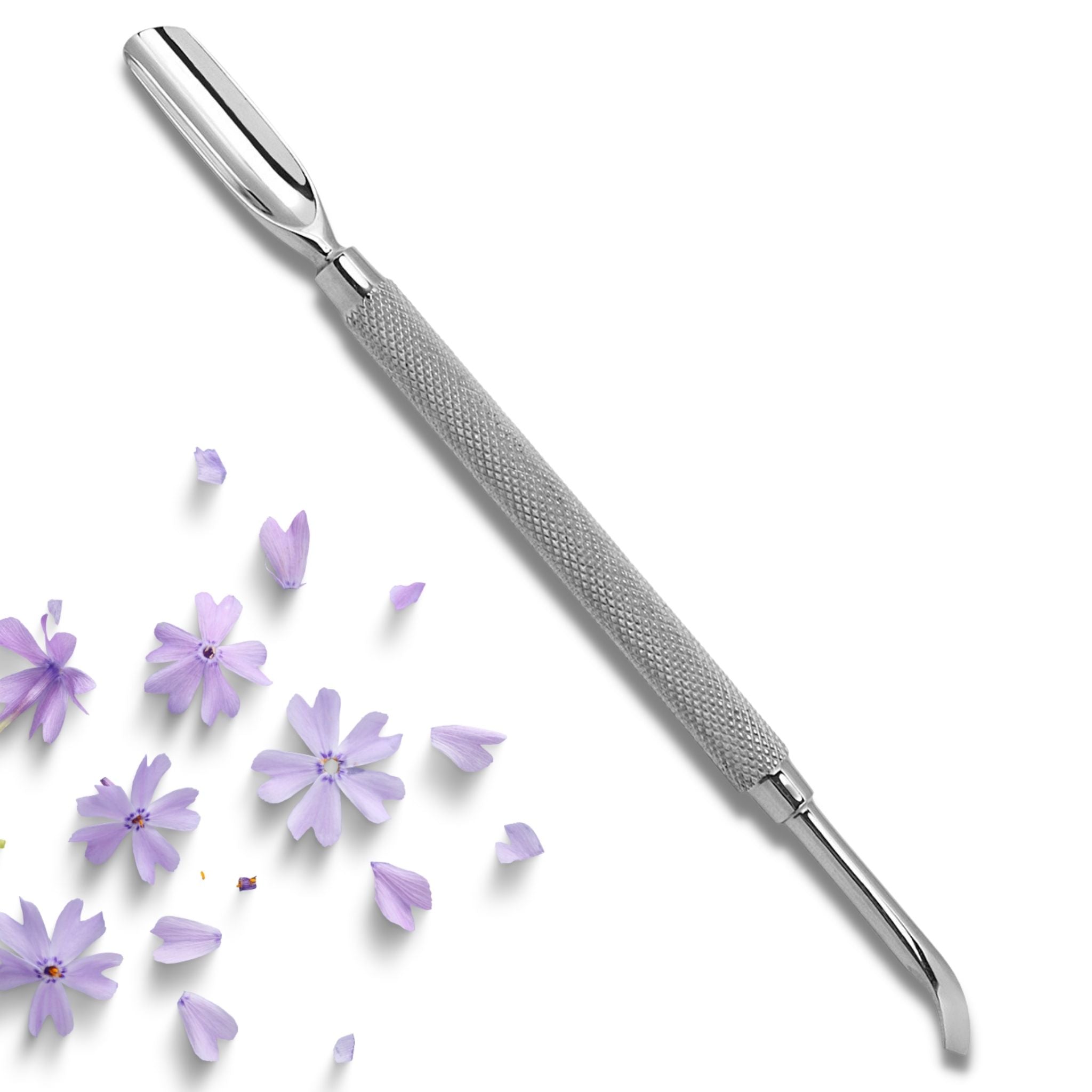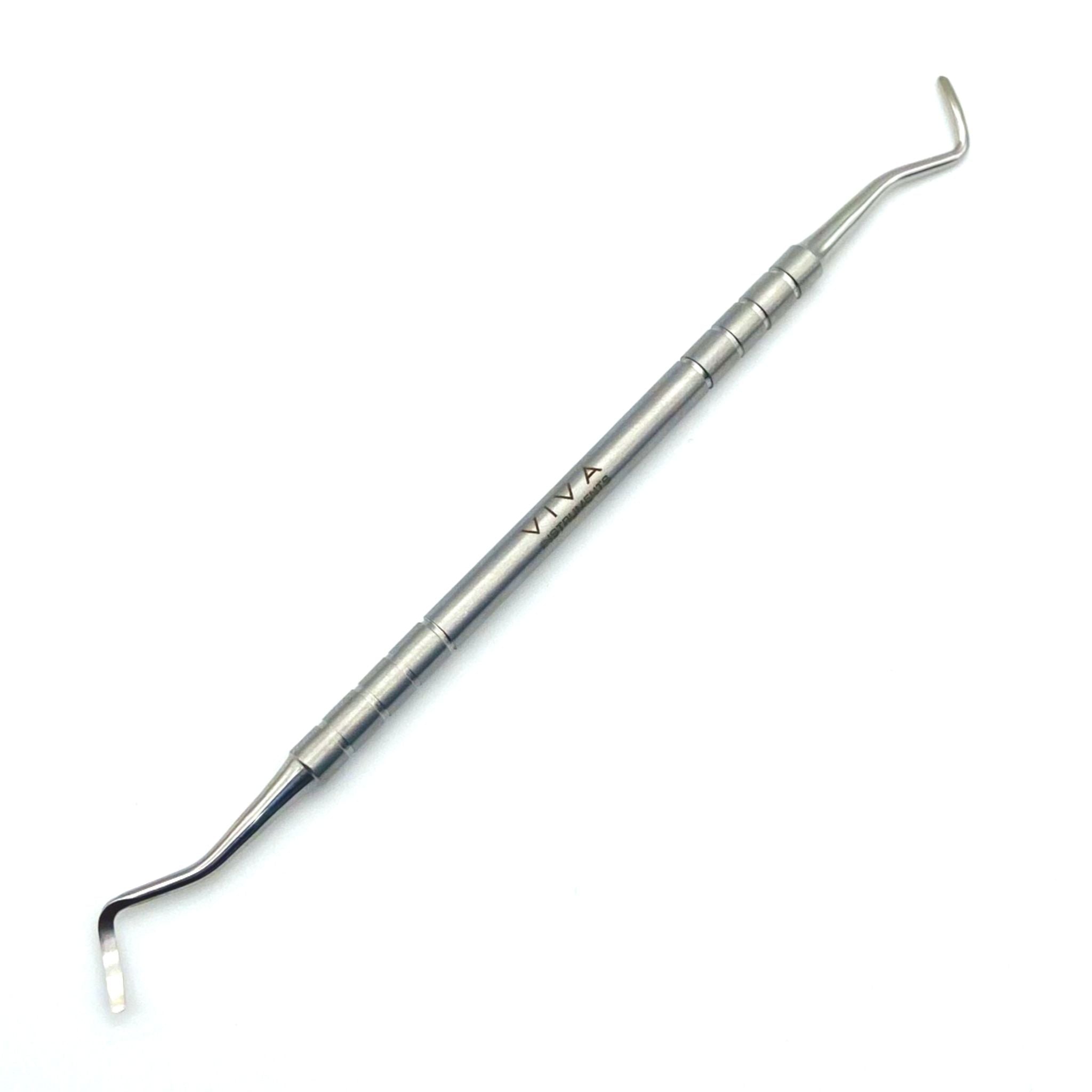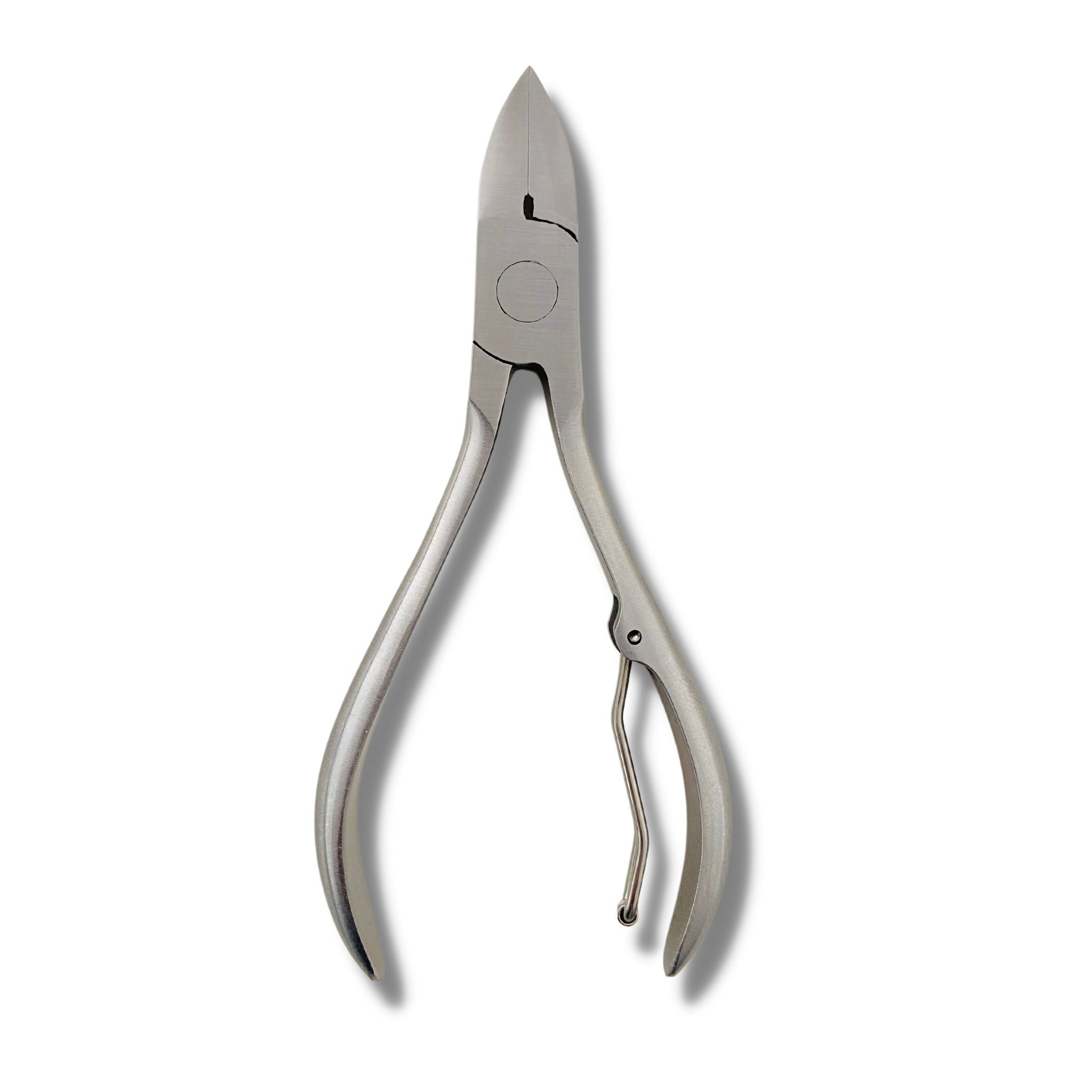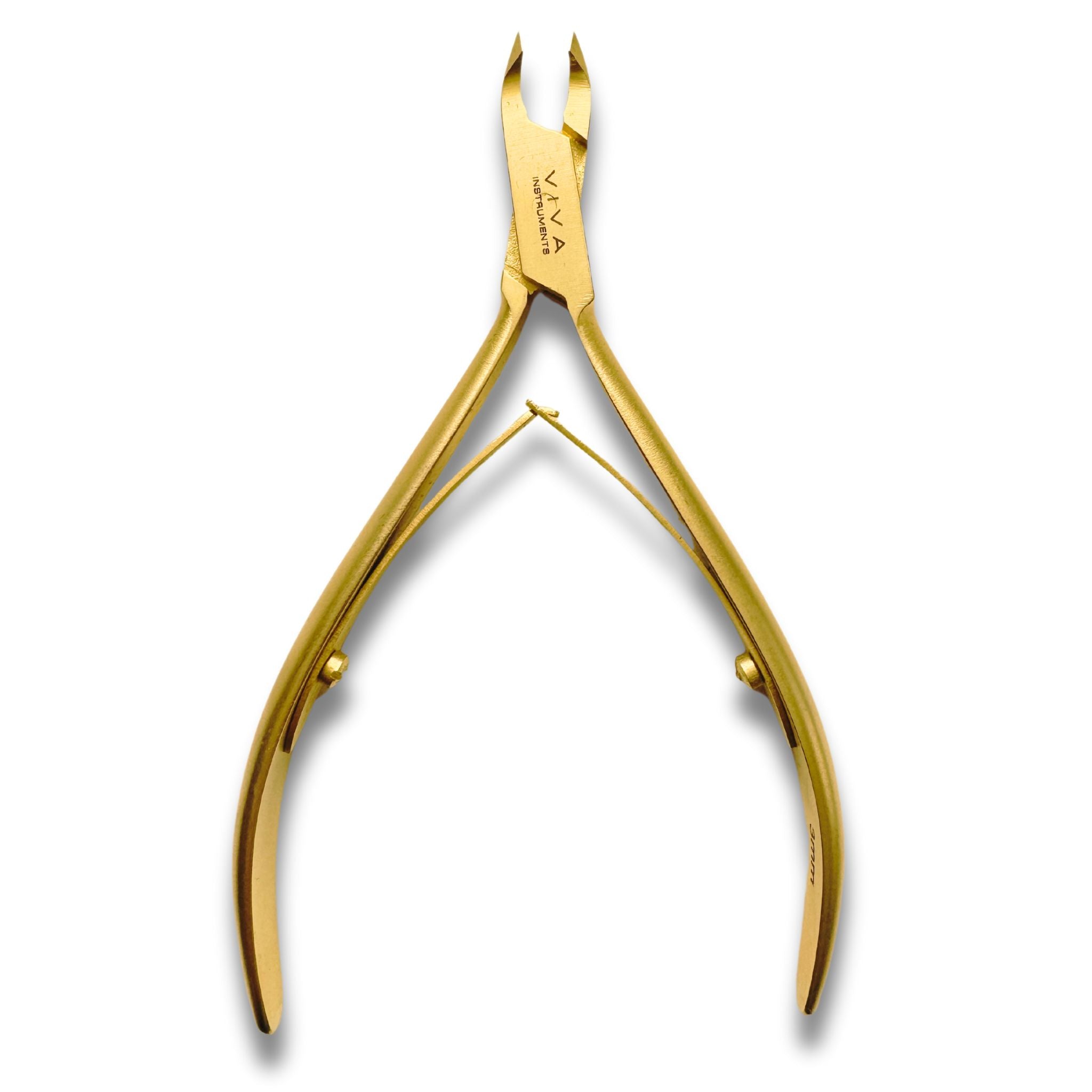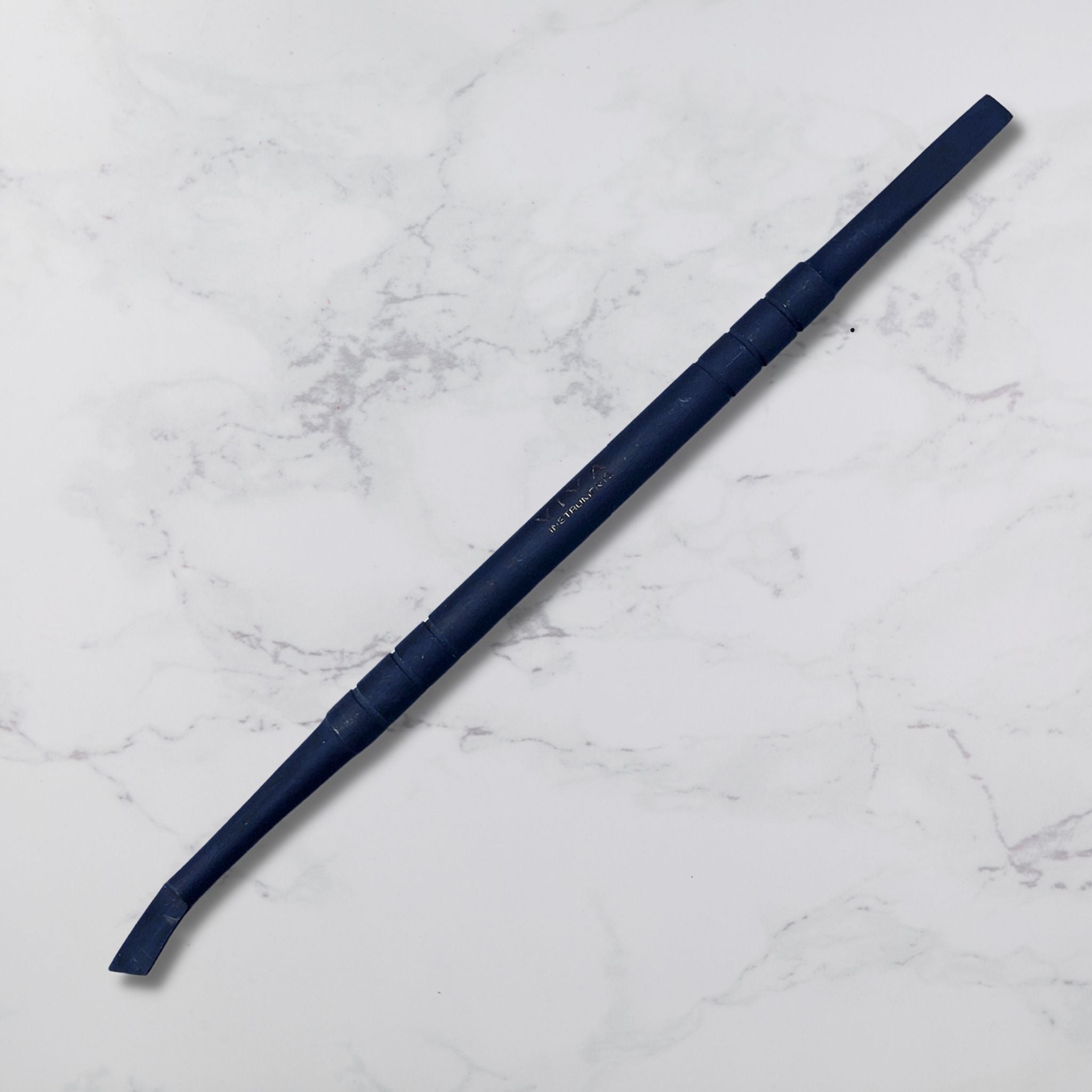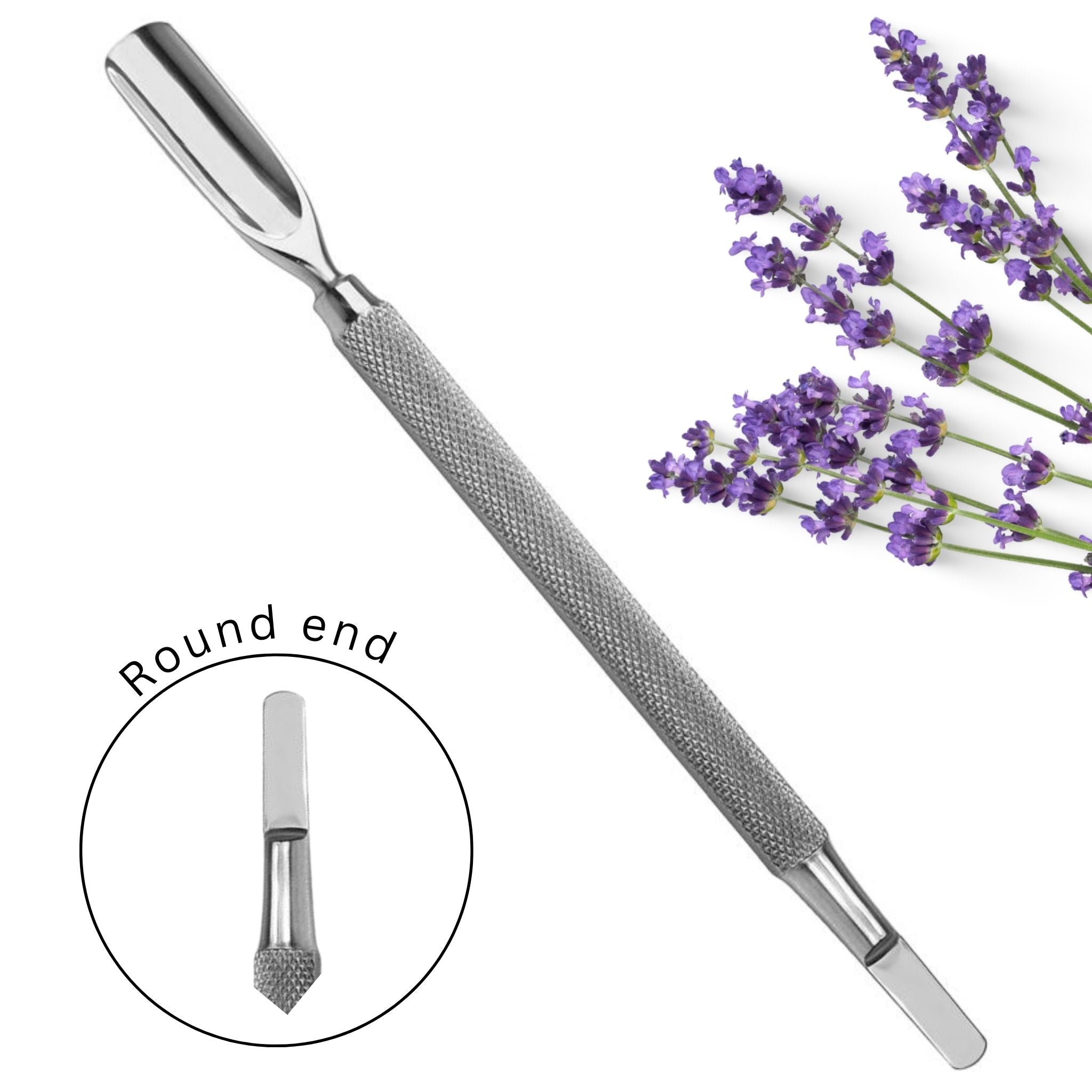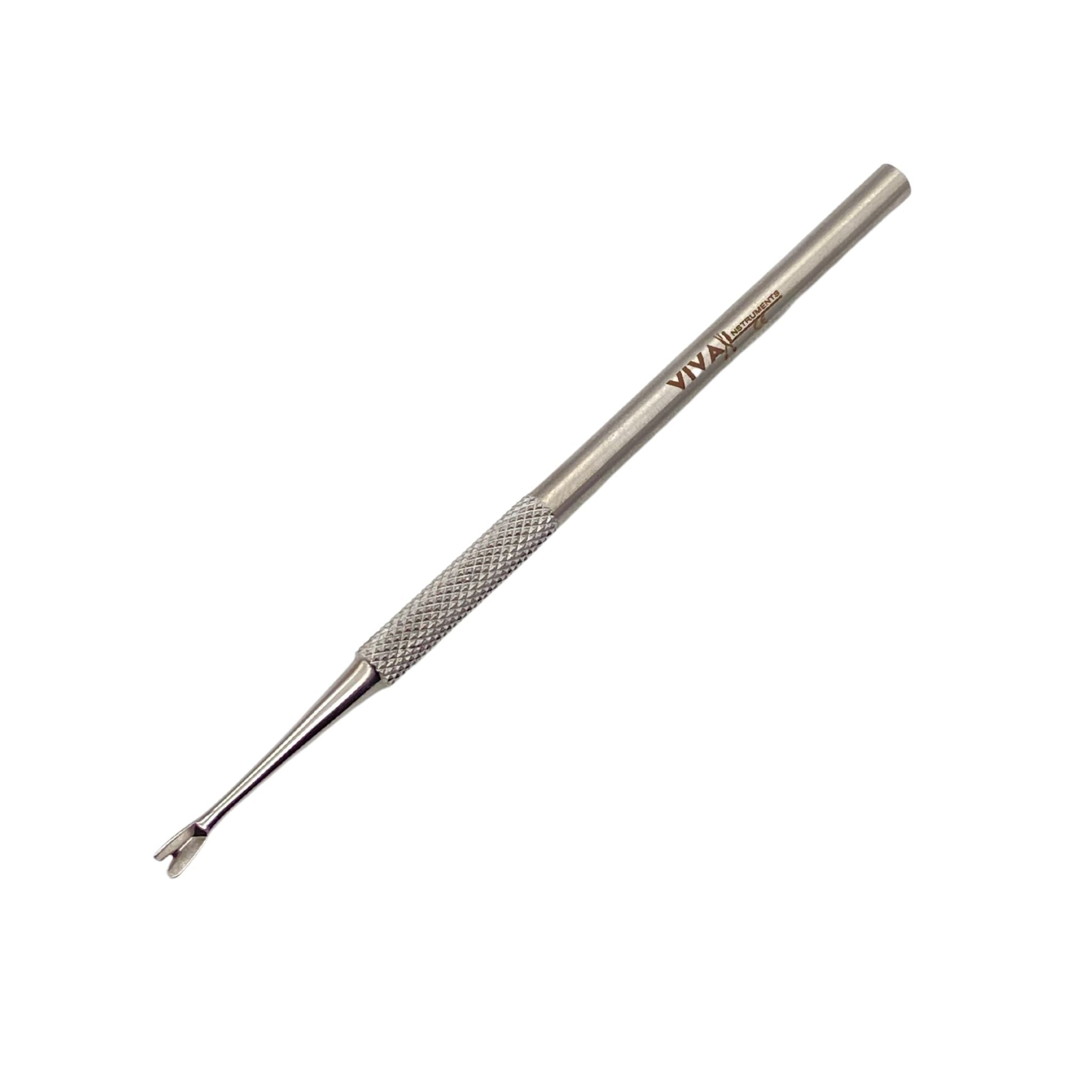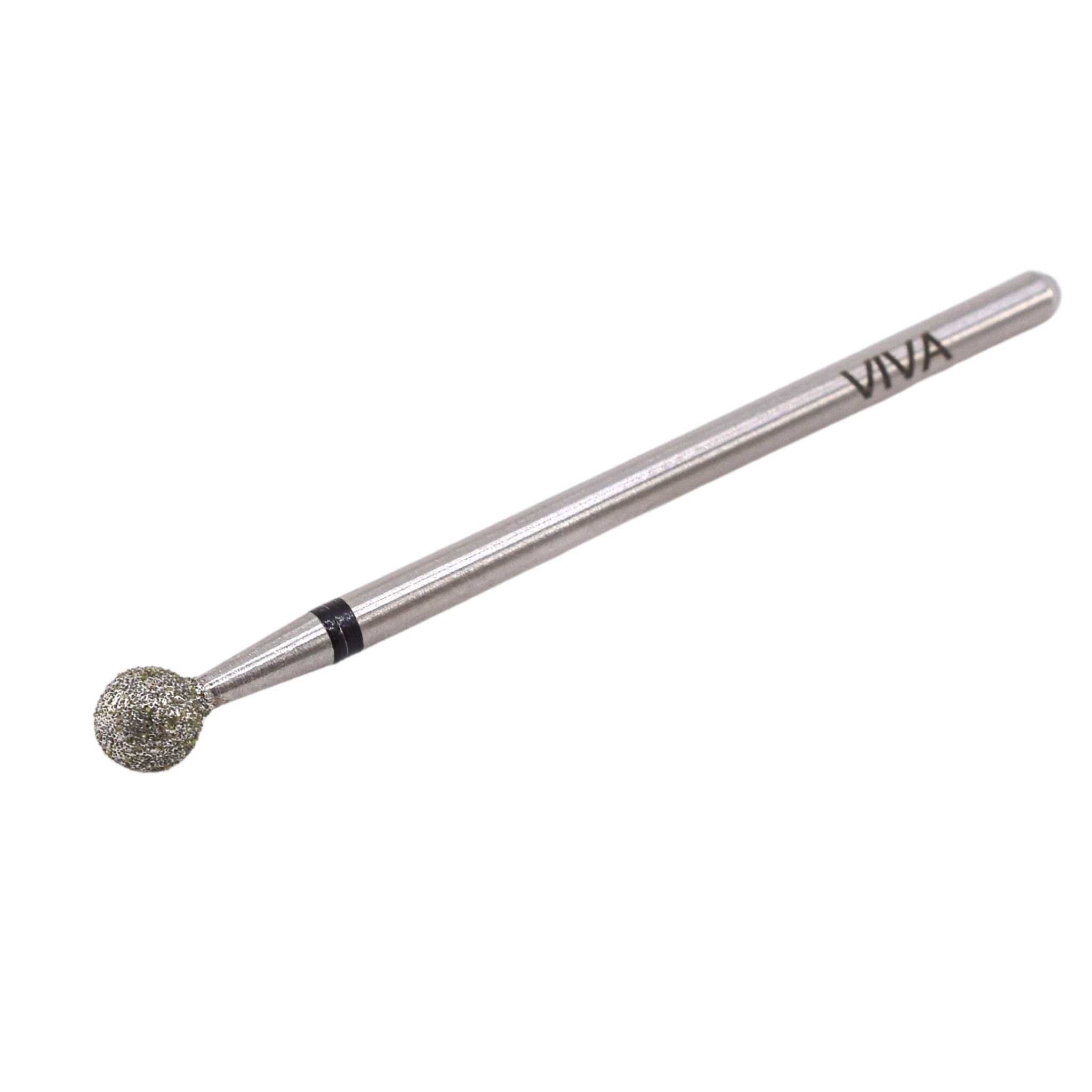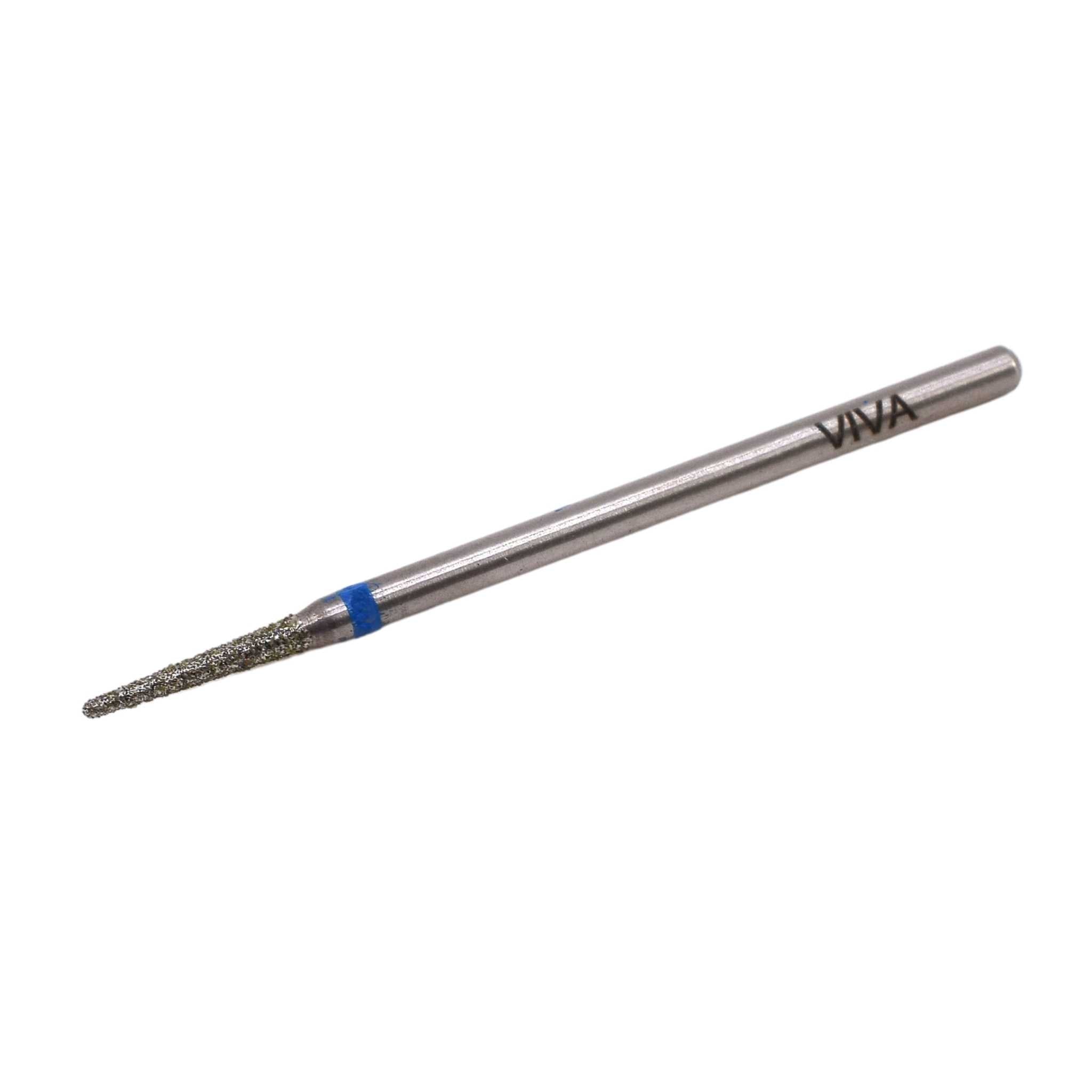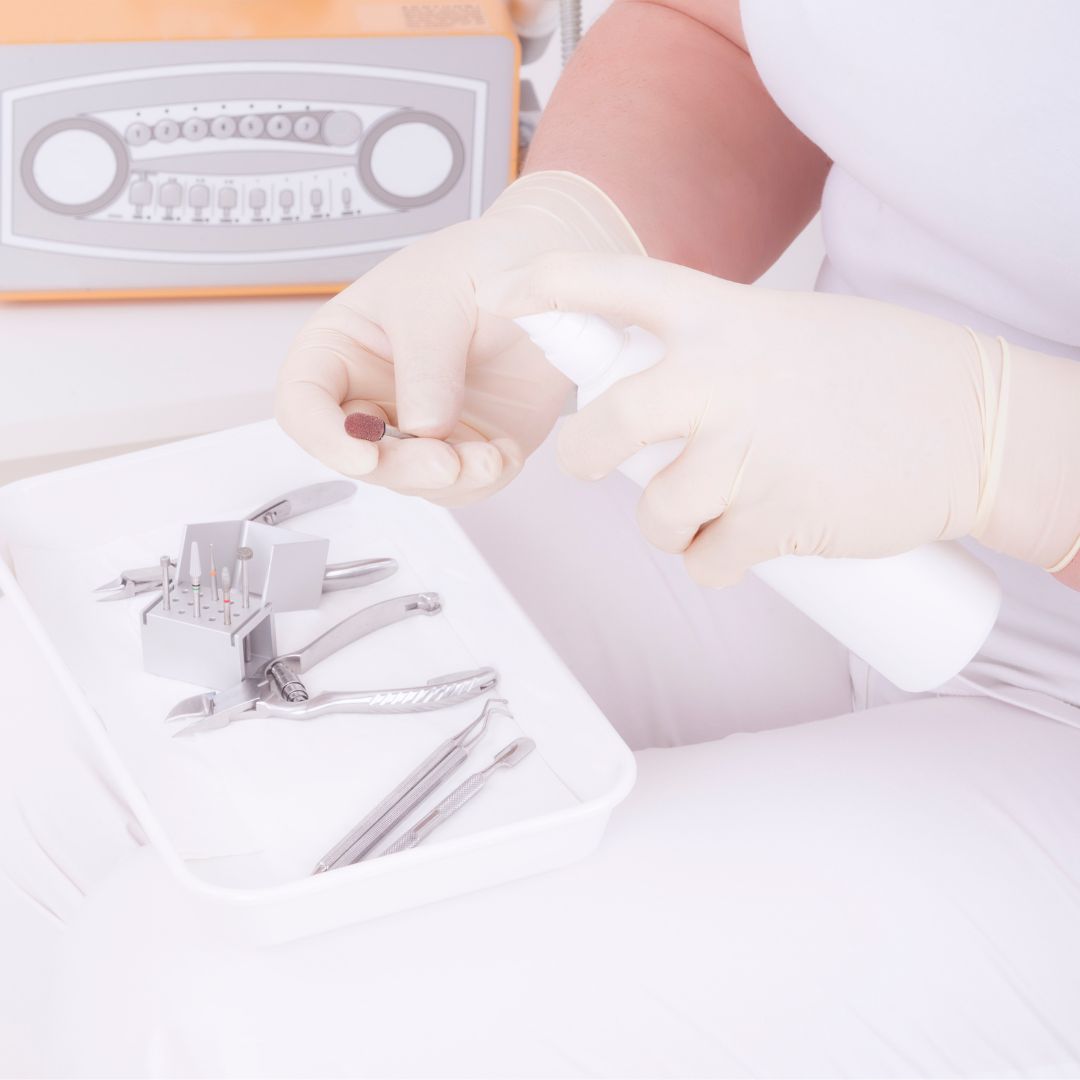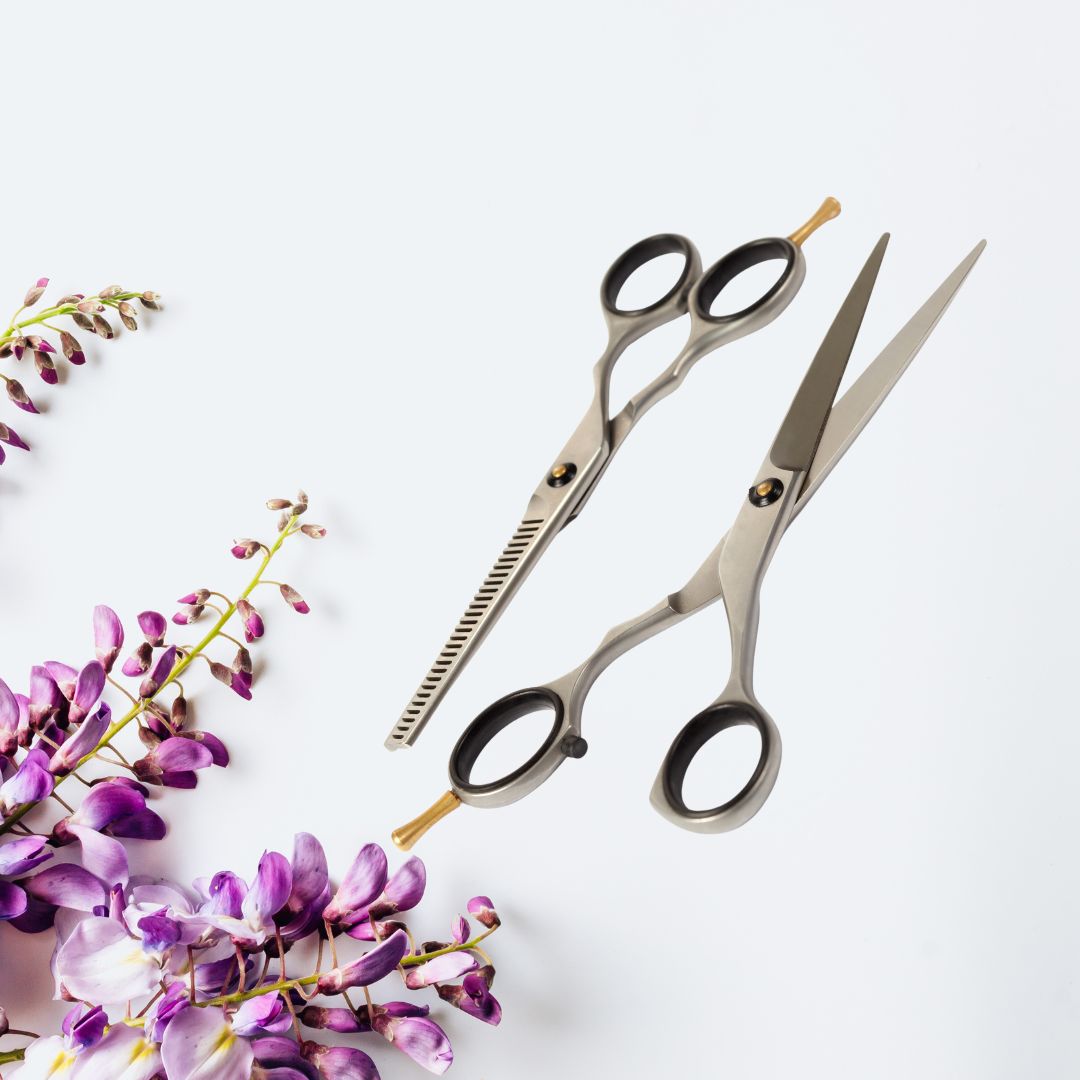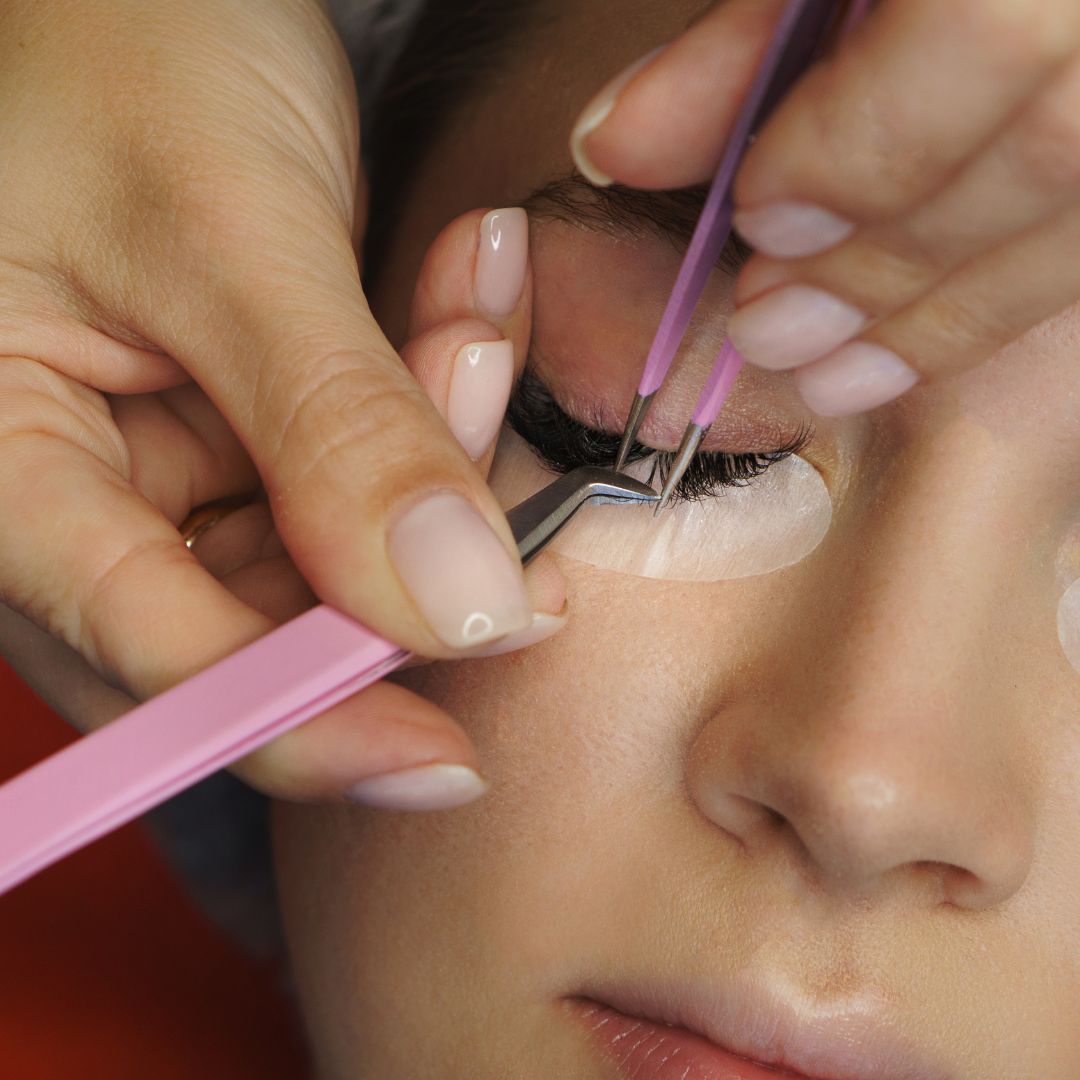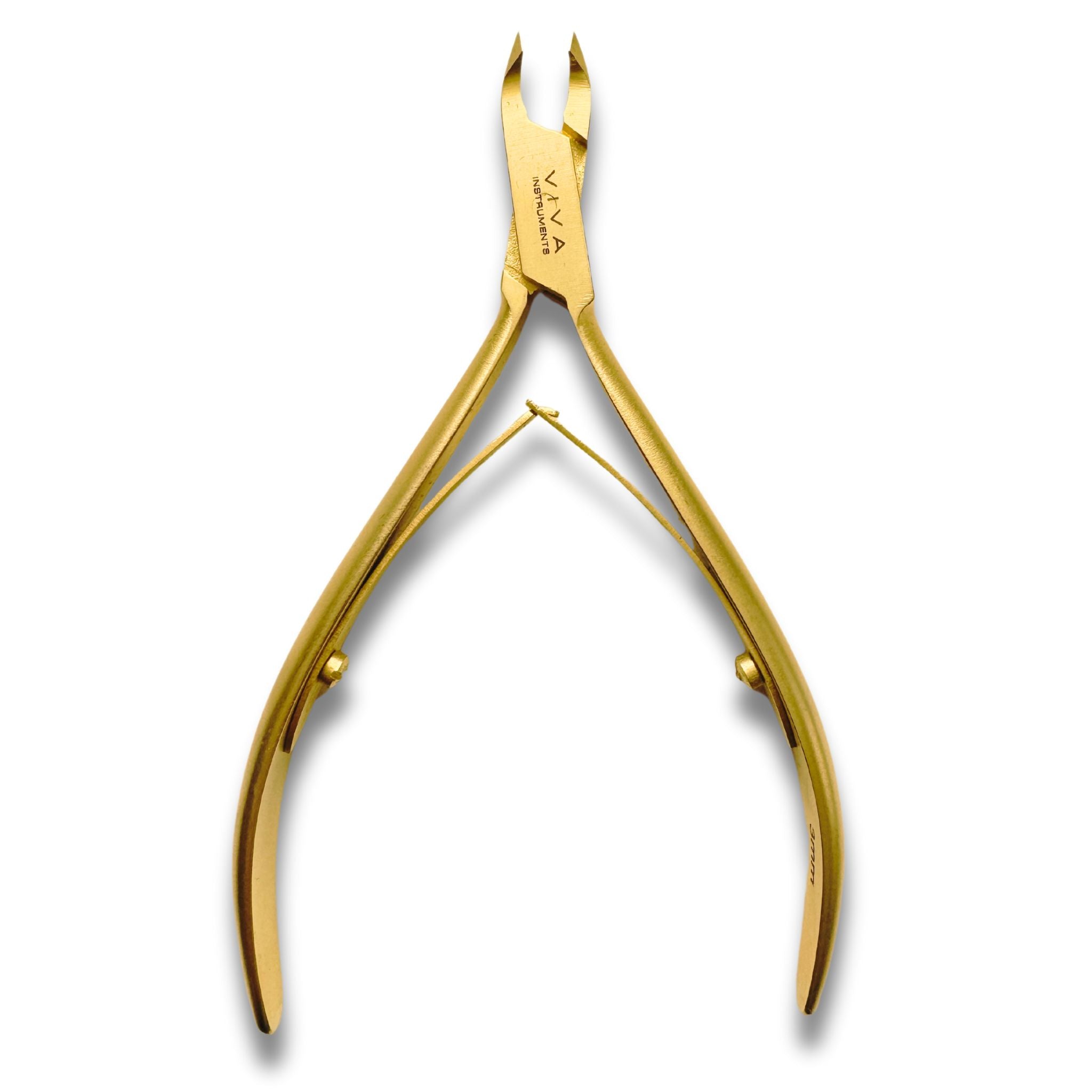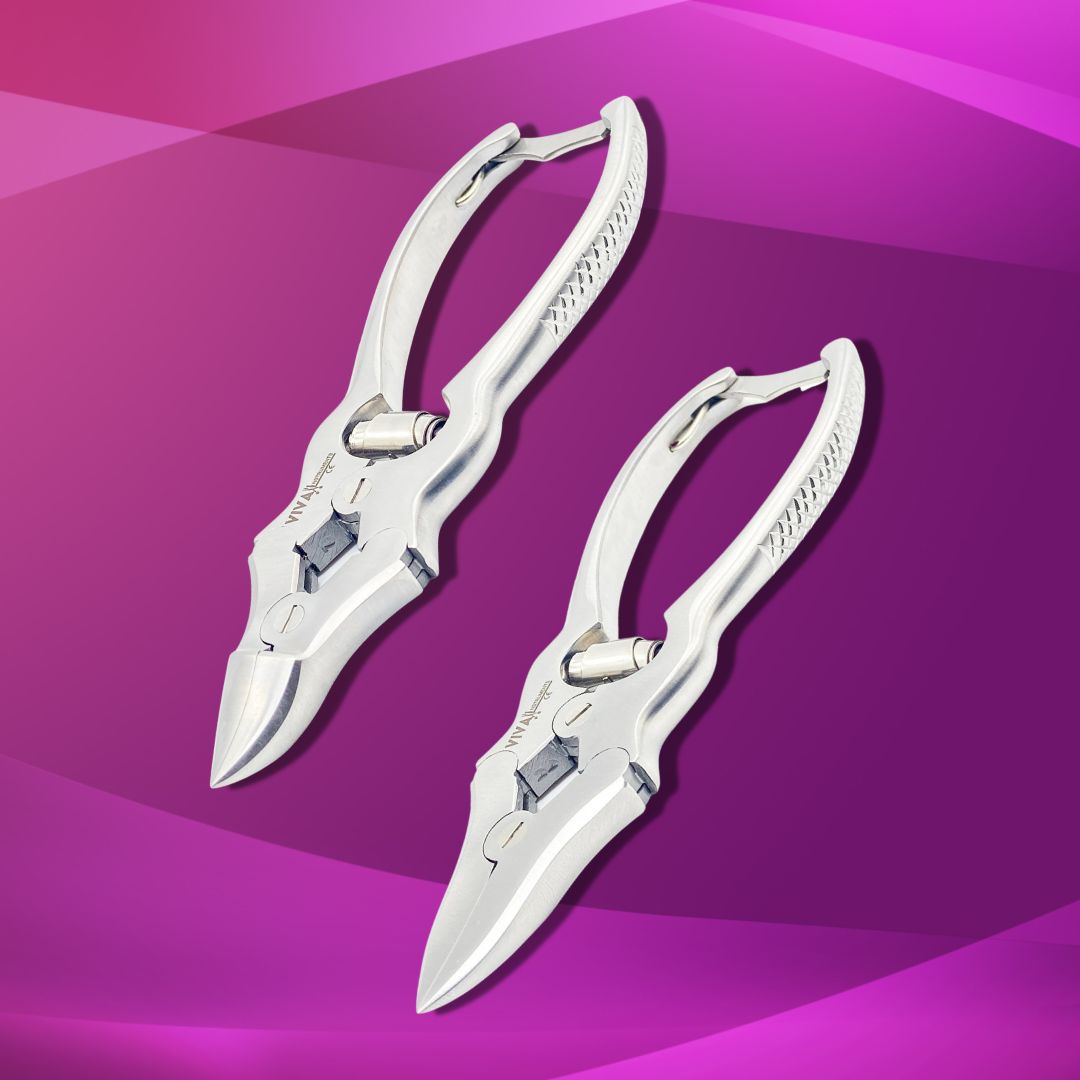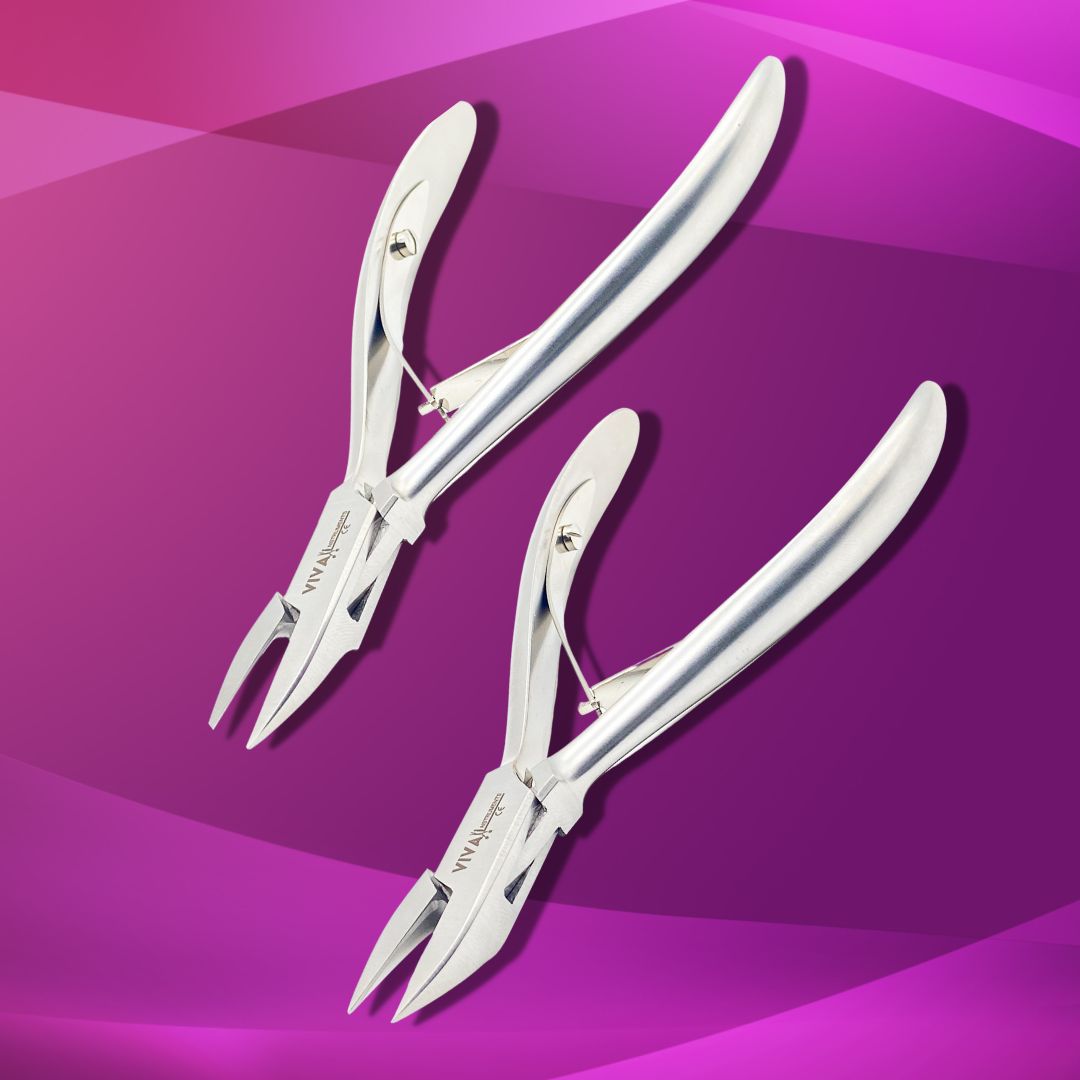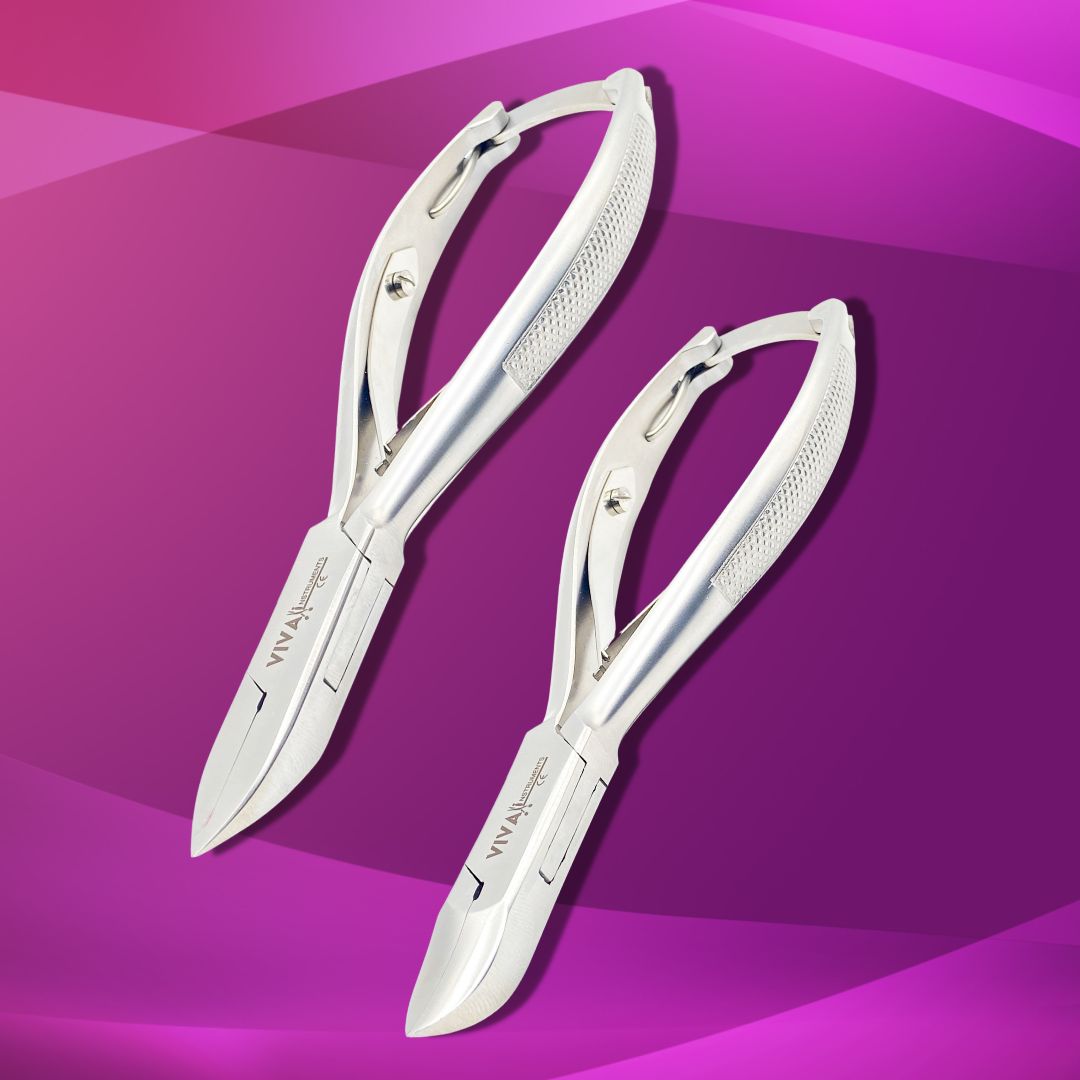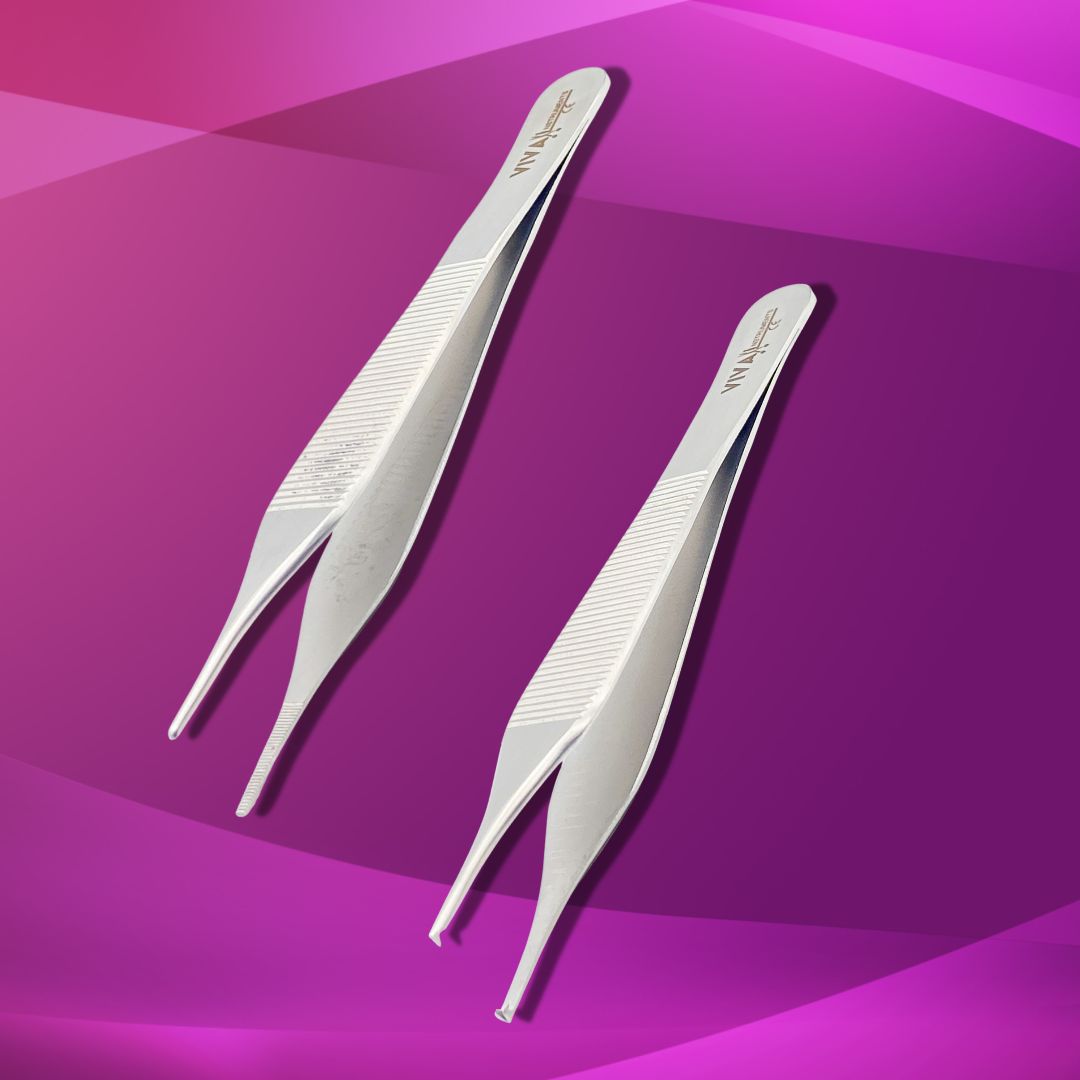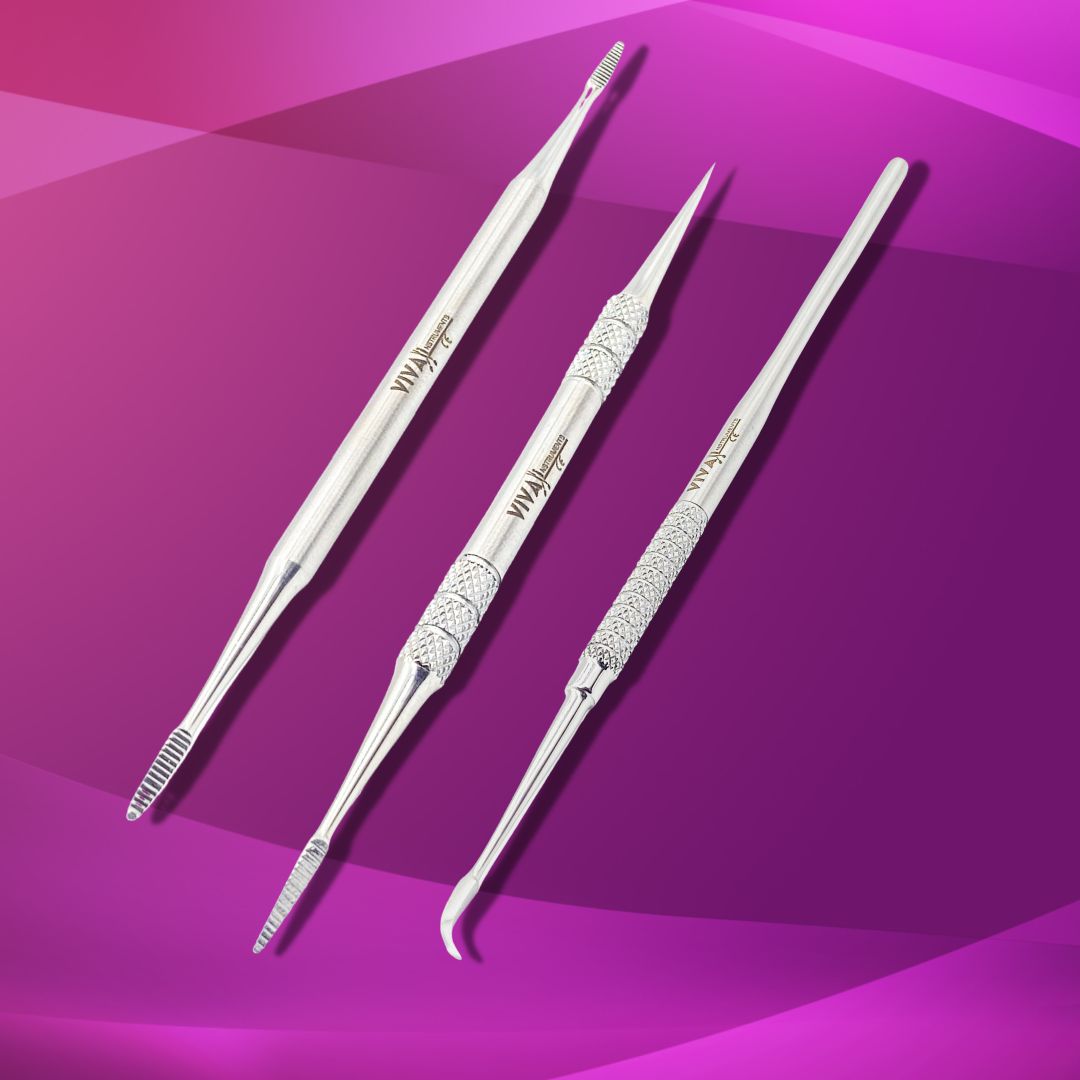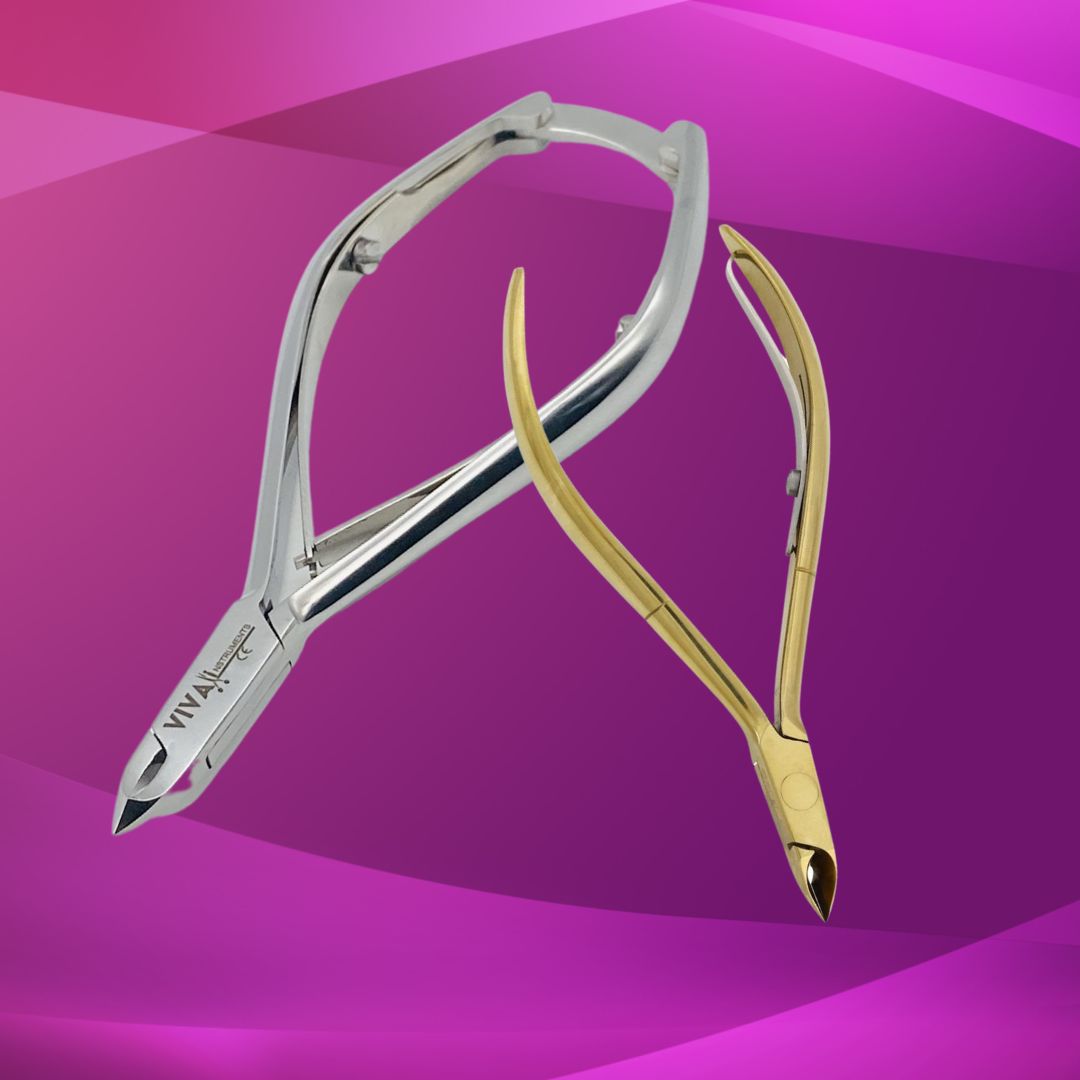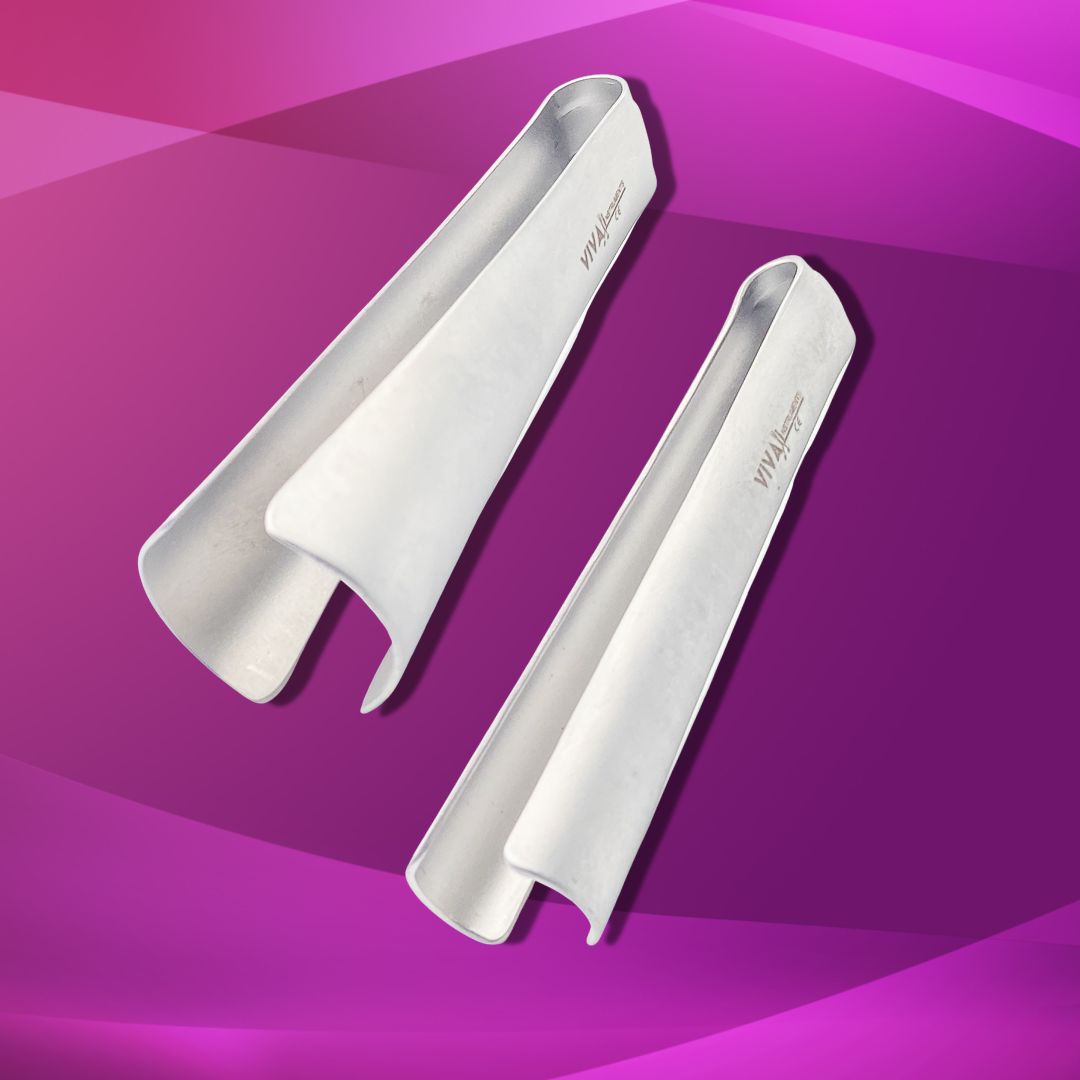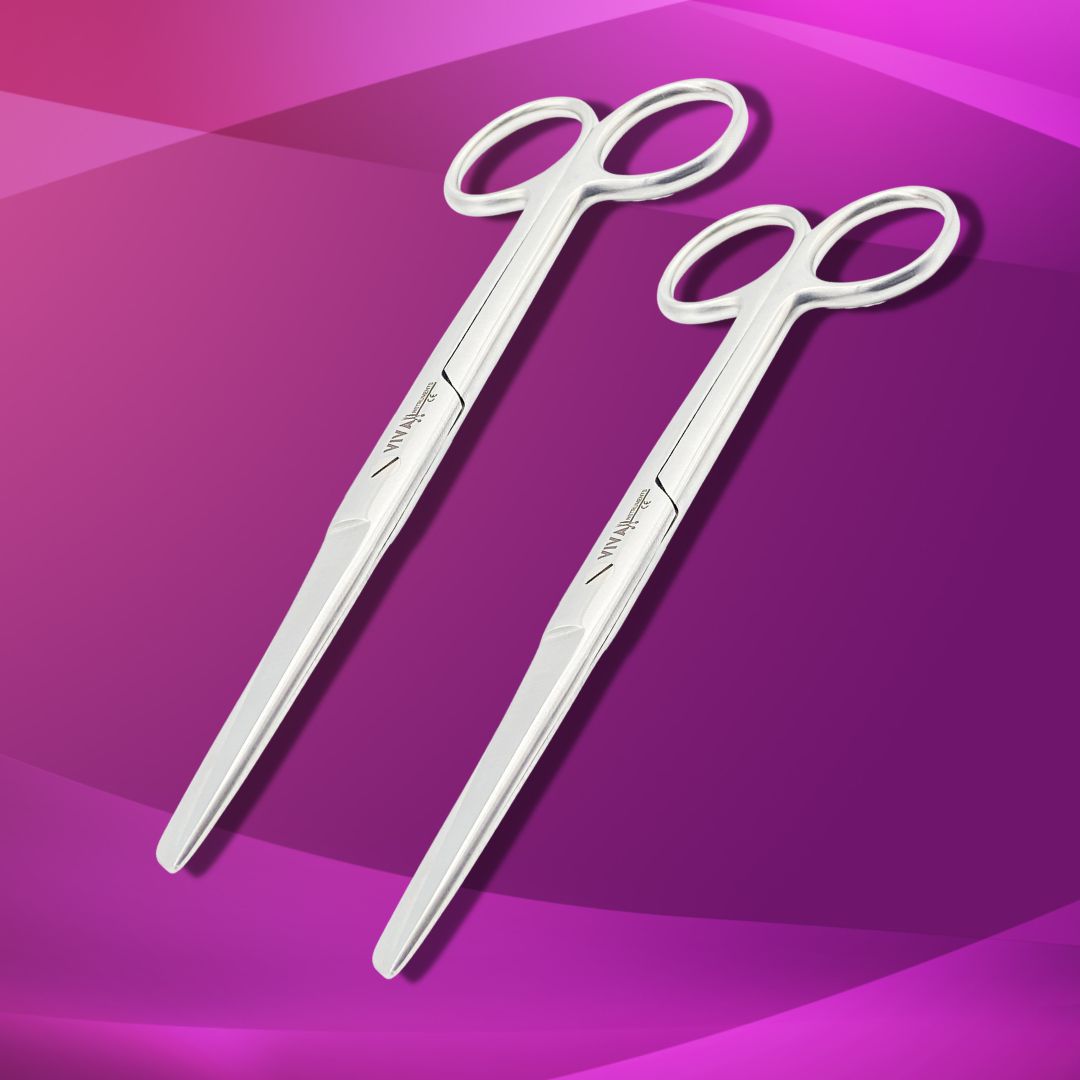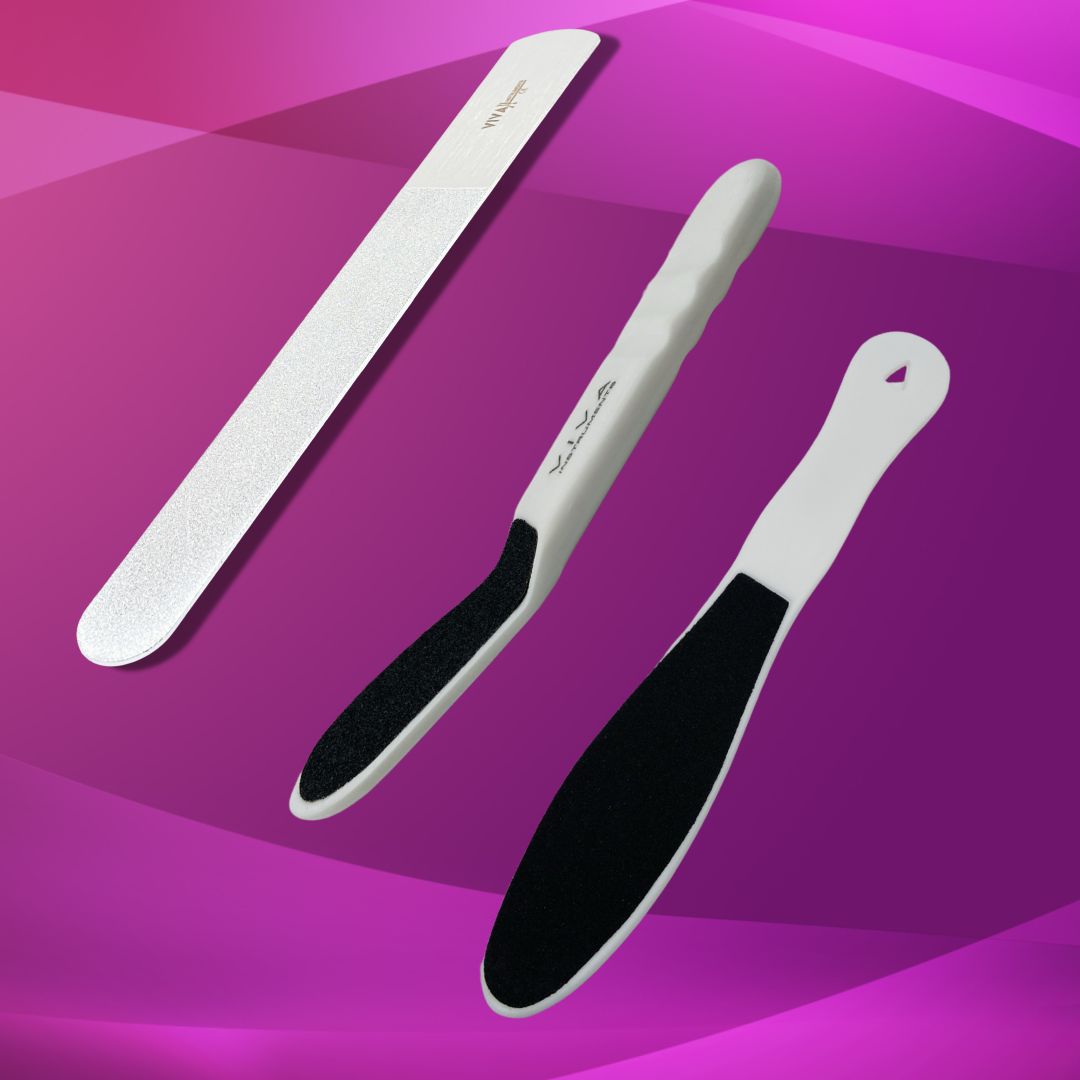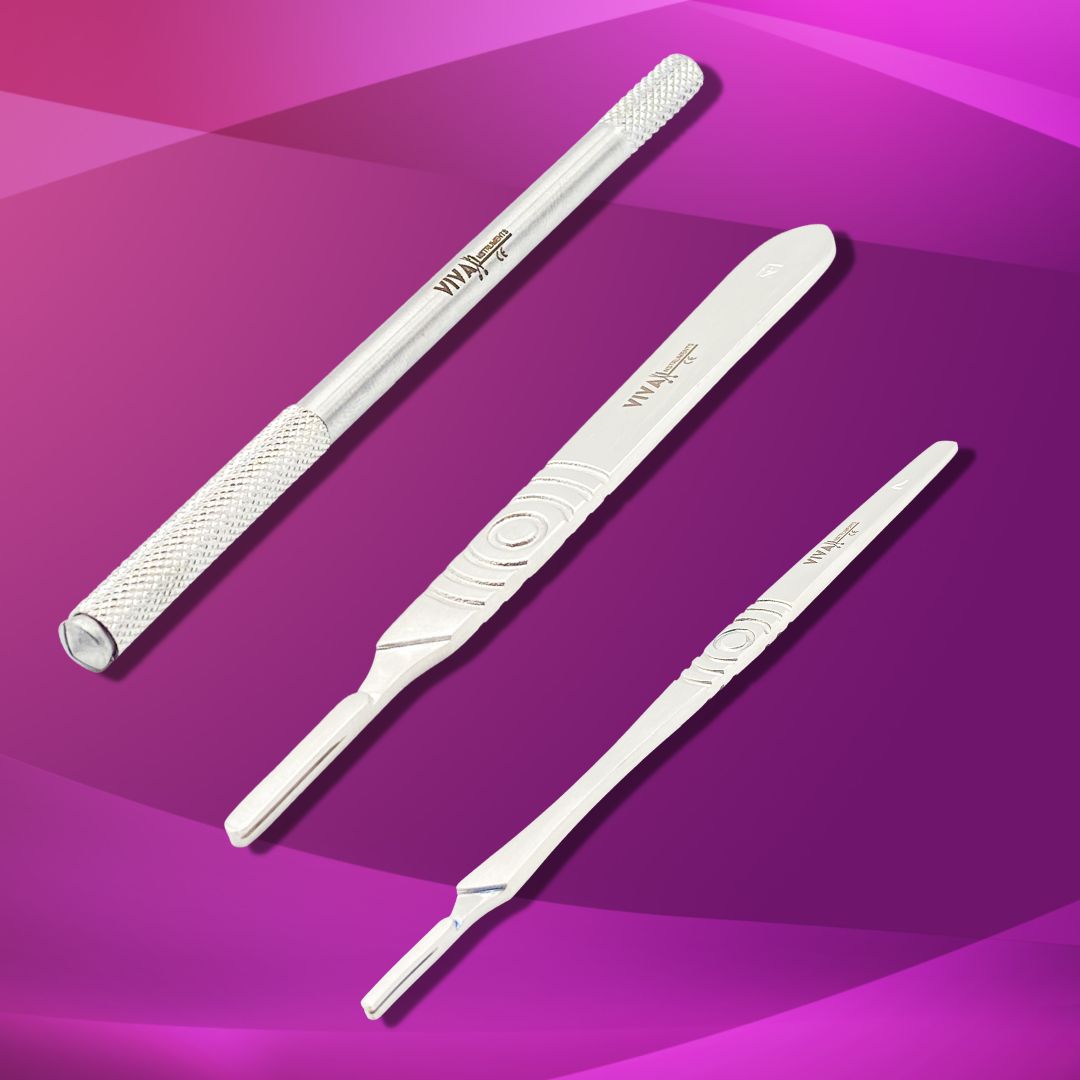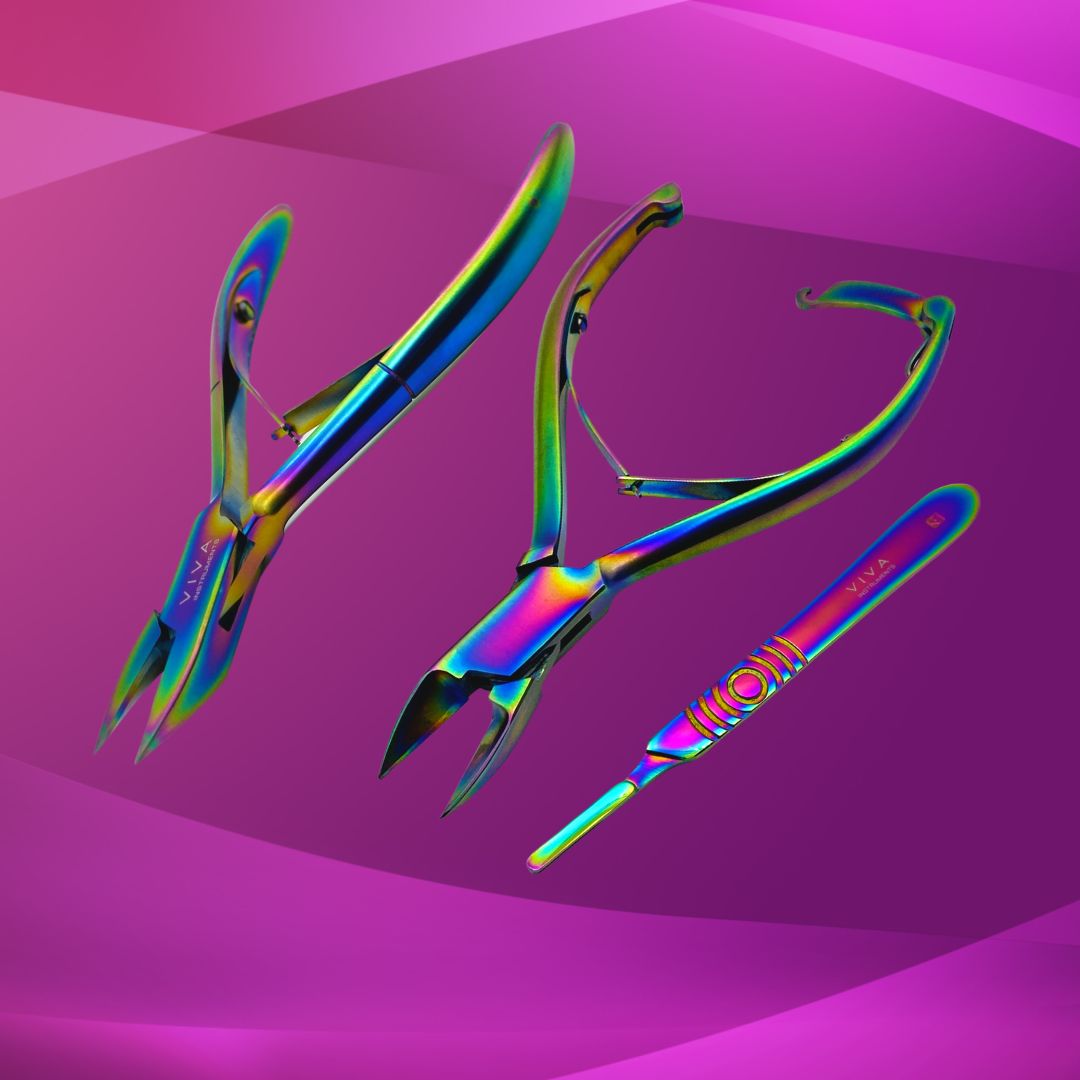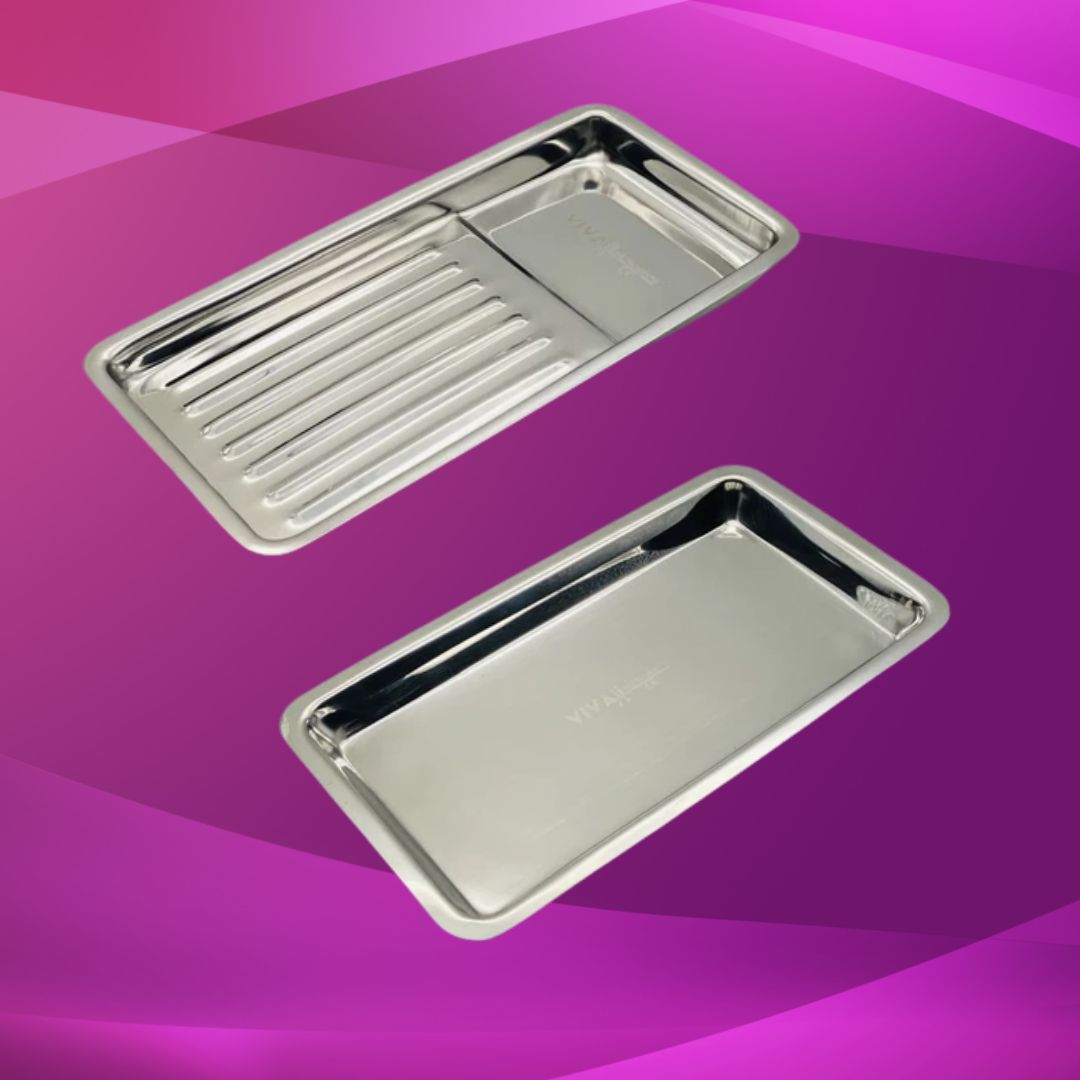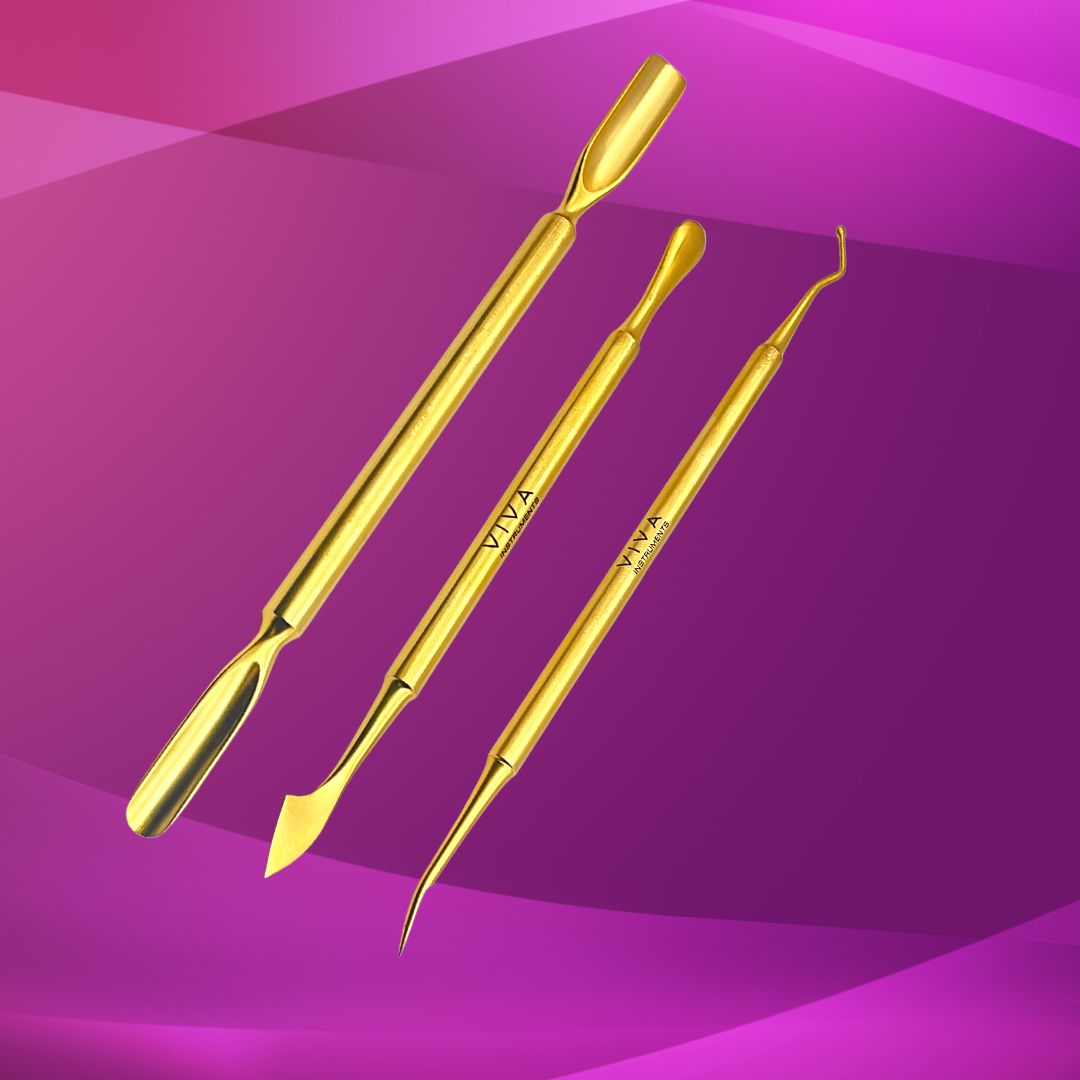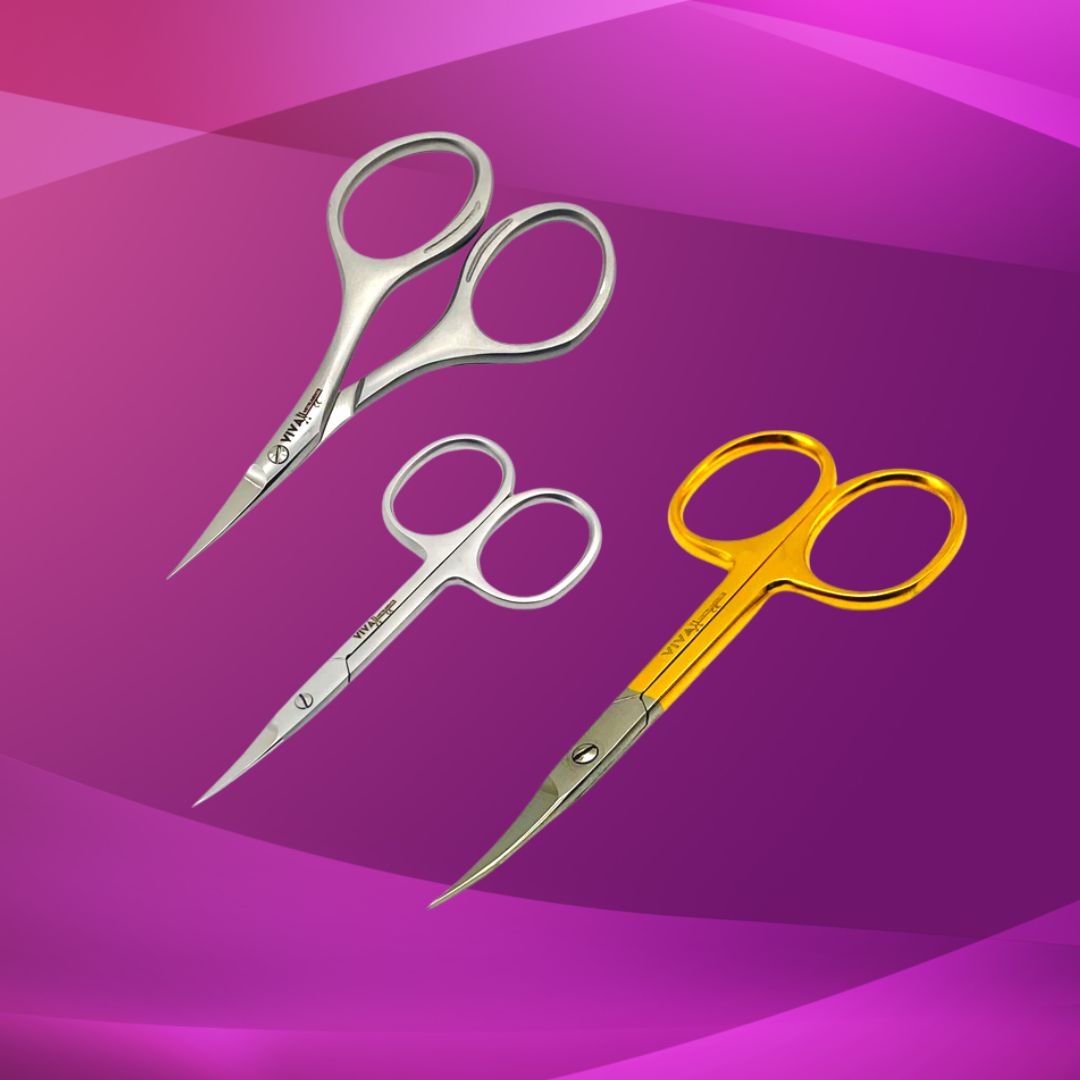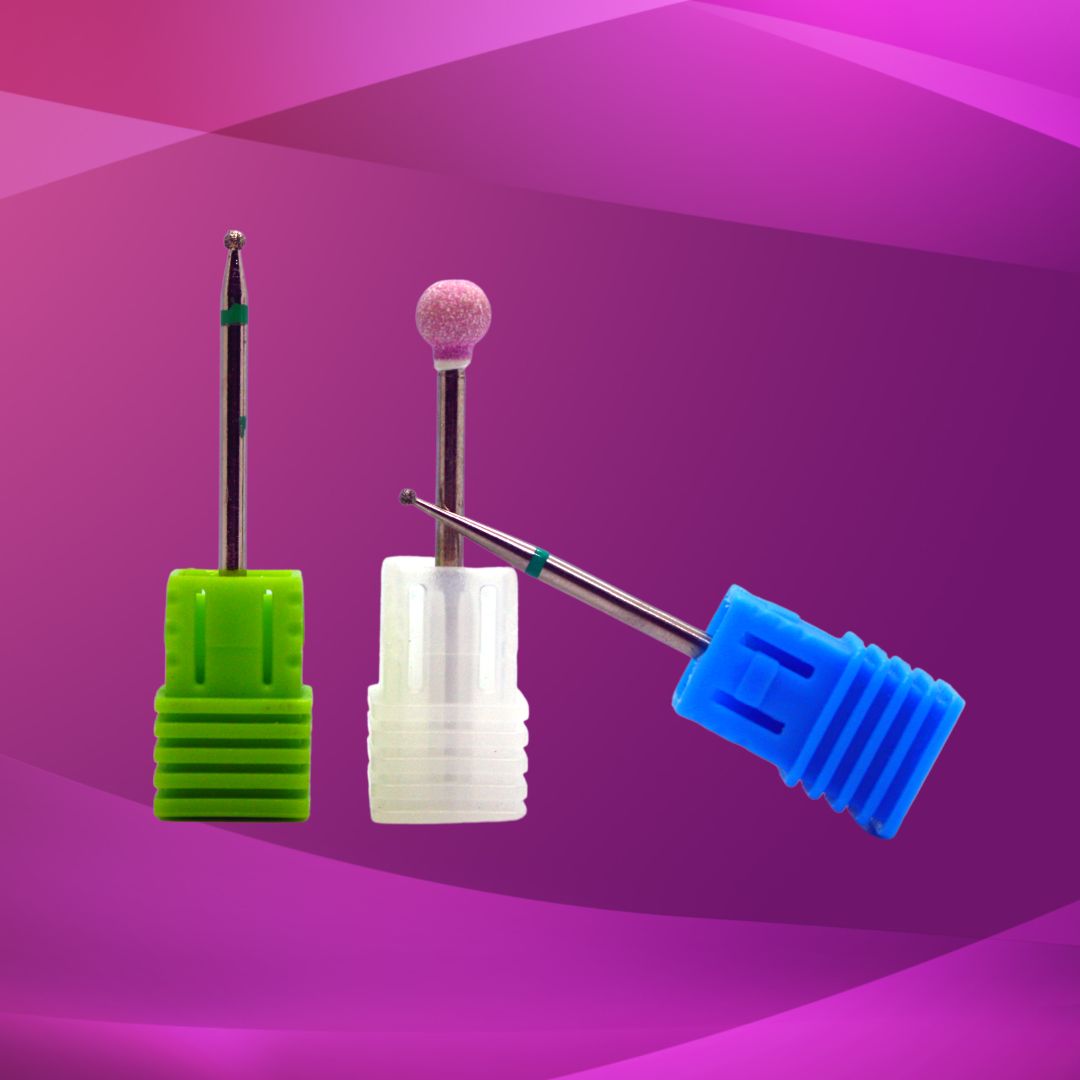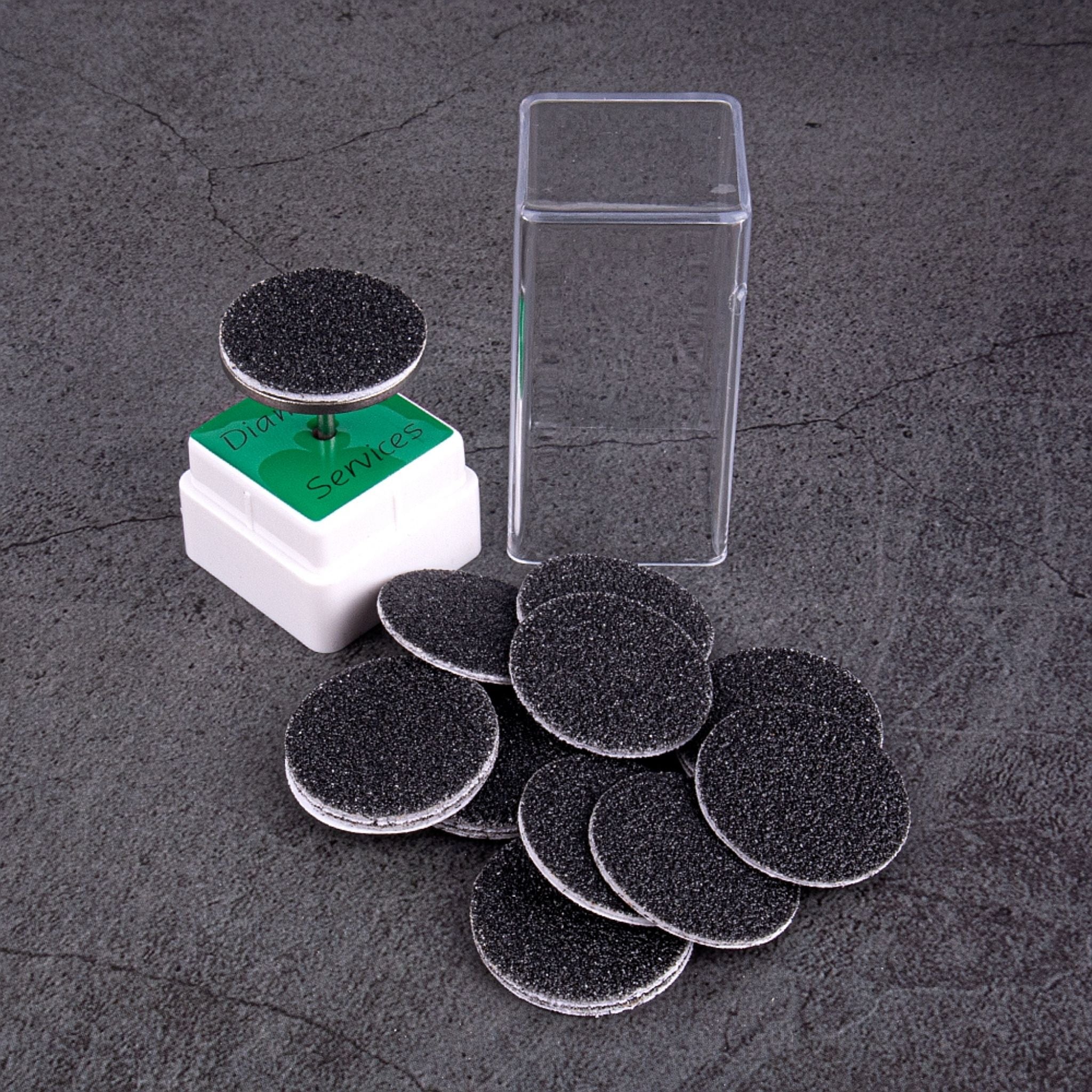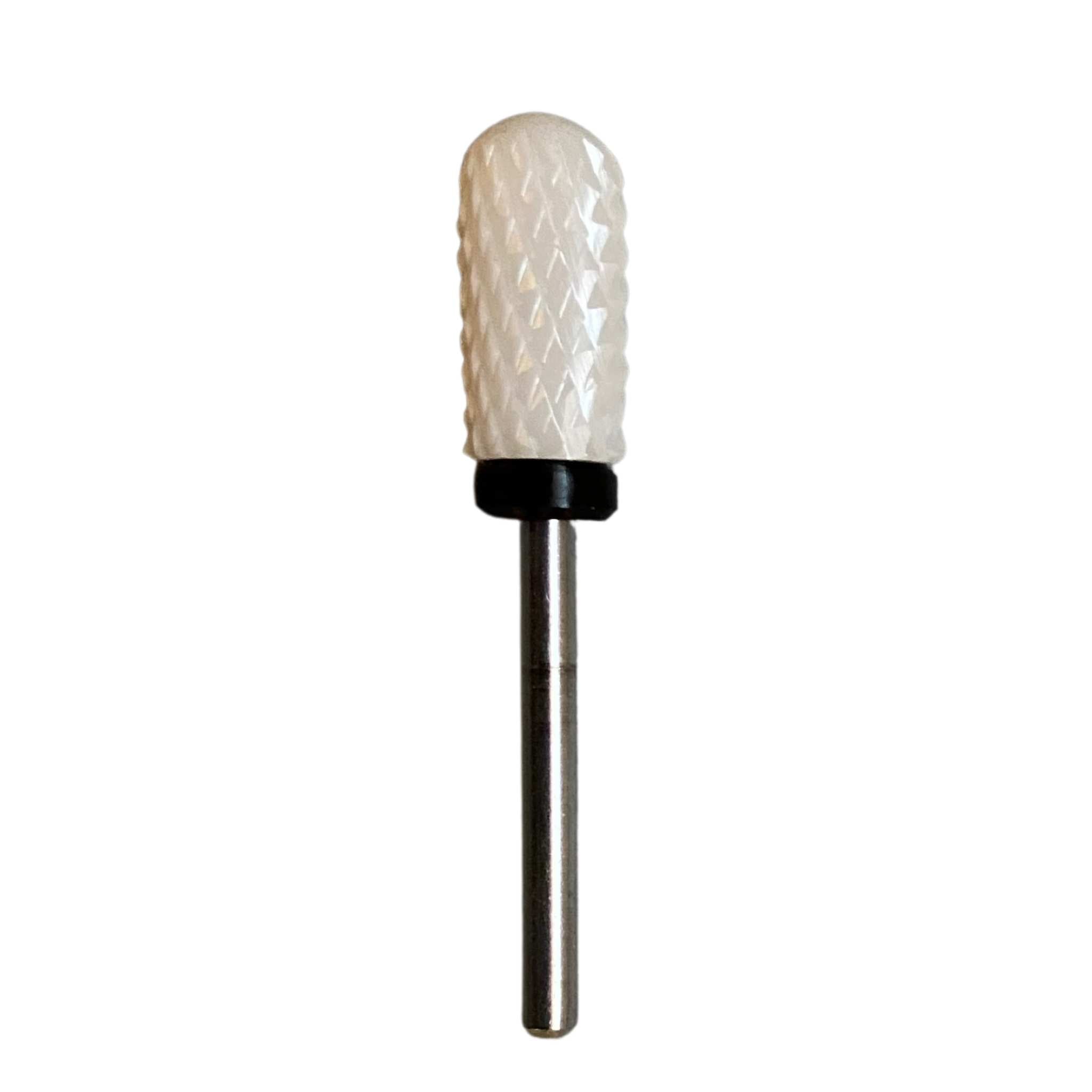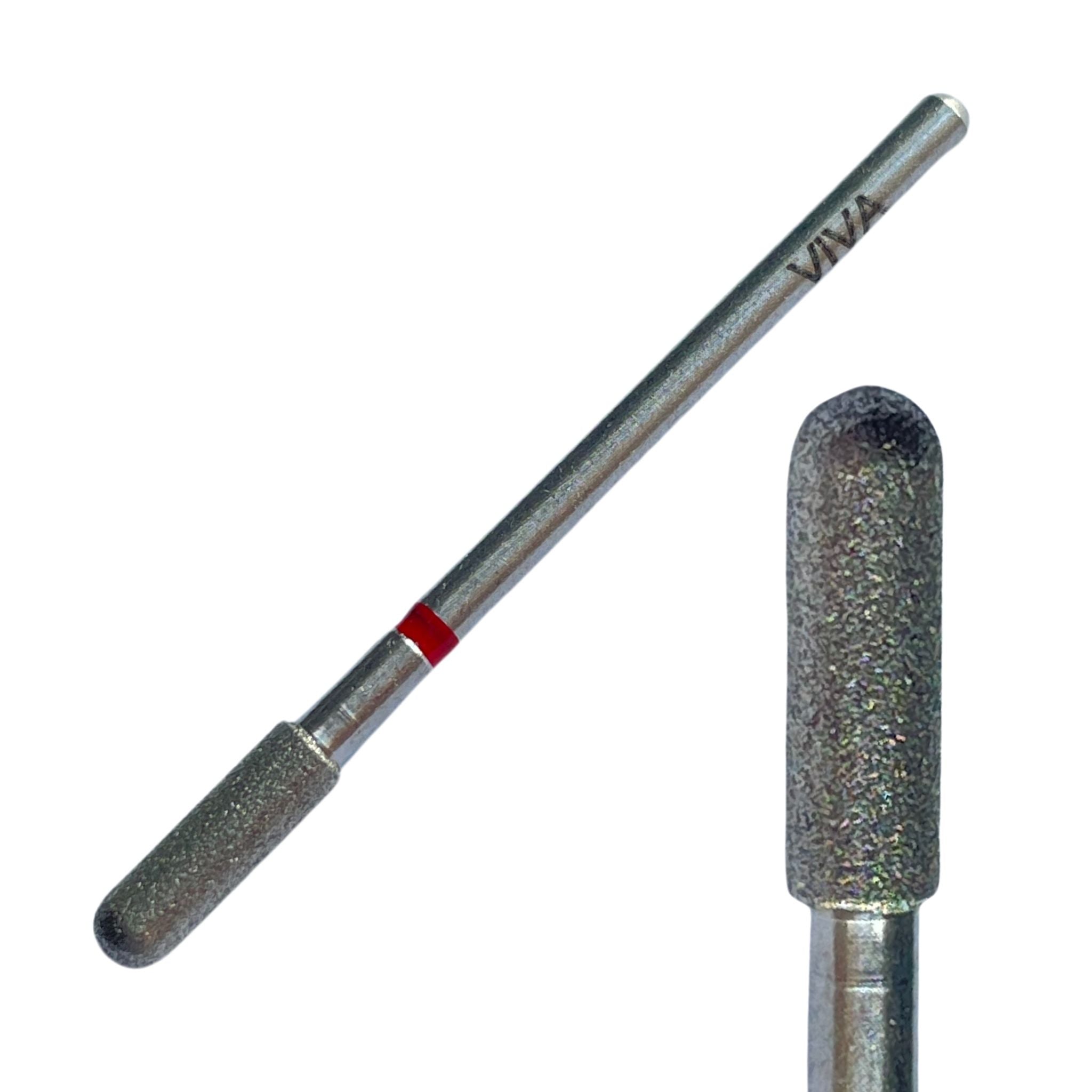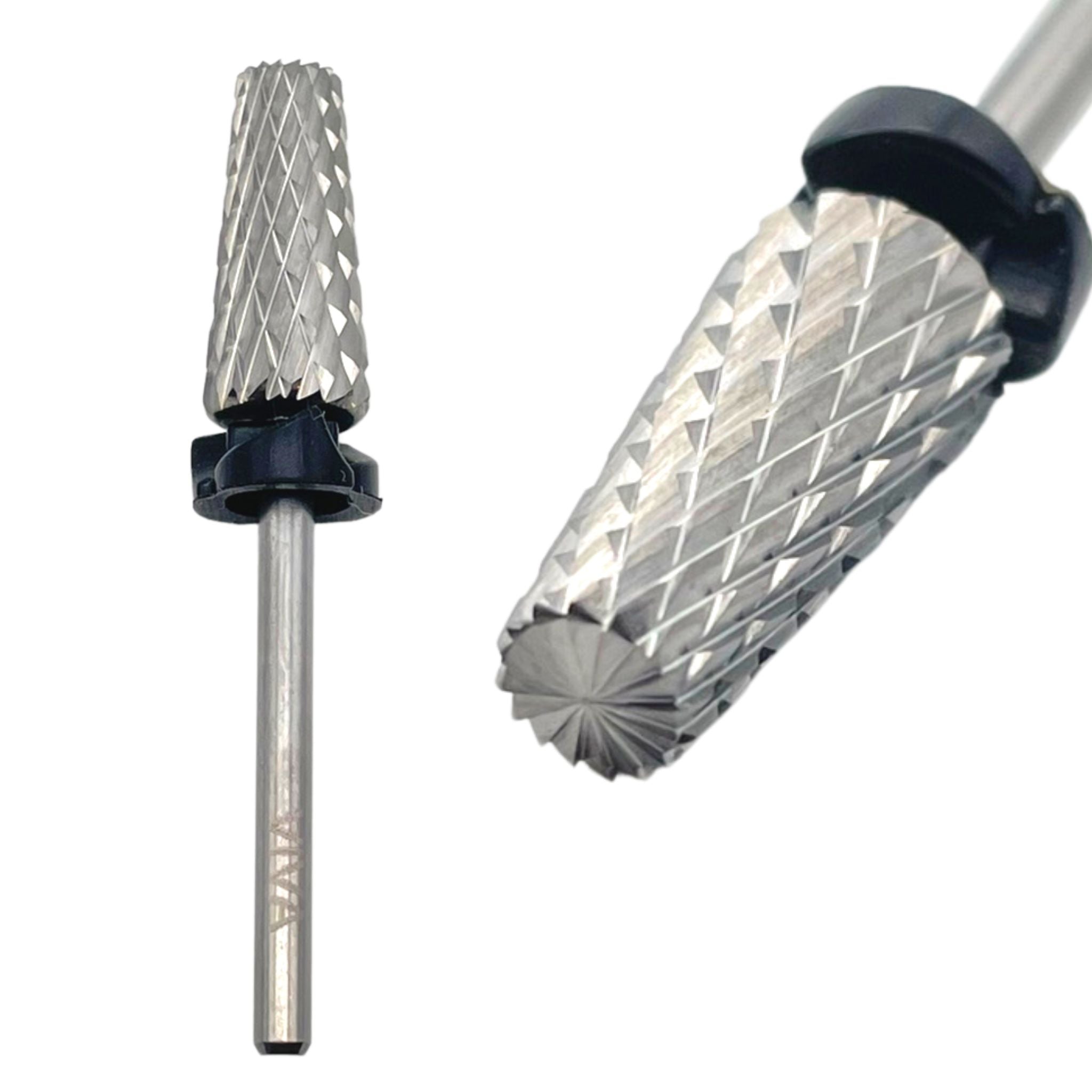Frequently asked questions
About our Products
1. What products do you supply?
Viva instruments supply thousands of different type medical & beauty tools you may not find all products listed on our online store but we are fully equipped and ready to meet any requirement from product customization to packaging.
2. What type of podiatry instruments do you supply?
Podiatry instruments are widely used by podiatrists around the globe. At Viva Instruments we manufacture and supply the highest quality podiatry/chiropody tools. We stock wide range of podiatry instruments if you can't find what you looking for please contact us and we'll be happy to assist you. The podiatry instruments list includes, Nail nippers, Blacks files, Foot dressers, Dressing scissors, Forceps, Needle holders, Callus corn cutters, Bone cutters, Ingrown nail nippers, Heavy duty cantilever nippers, Probes, Nail drill bits, Tissue cuticle nippers, these are the most common instruments for more info please get in touch.
About Production/Operations & Buying
1. What is surgical stainless steel?
Stainless steel is an alloy, which does exactly what it's name suggests: it stains less than ordinary steel (iron). Yes, it can stain, discolour and rust given the right circumstances. To make iron stainless, nickel and chromium are added in certain quantities, depending on the purpose for use and the qualities required.The more chromium added to the mix the softer the alloy becomes - something not desirable in a surgical instrument. Given that, quality medical stainless steel alloy is a very specific, narrowly defined mix. A further aspect of making steel 'stainless' is a repeated process of extracting surface impurities mainly minerals. Plus the final high polish of the finished instrument puts a minute protective coating on it, also very important to make the instrument 'stainless'. Whether the final product is highly polished or mat finished will make no difference to its stainless ability.
2. How stainless steel surgical instruments are processed & finished?
Stainless steel is a metal which resists rust, can be ground to a fine point and retains a sharp edge. It's composition can be altered to enhance certain qualities. For example, a manufacturer can make a scissor of stainless steel with carbon to create a harder cutting edge. It is the carbon in the stainless steel that makes the scissor stronger - but carbon can cause the instrument to rust and corrode. All stainless steel can stain, pit and rust if not cared for properly. When manufacturing a stainless steel instrument it is subject to a passivisation and polishing process in order to make the steel as stainless as possible. Passivisation and polishing eliminates the carbon molecules from the surface of the instrument surface. This forms a layer which acts as a corrosive seal. Passivisation is a chemical process that removes carbon molecules from the surface of the instrument. This chemical process can also occur through the repeated exposure to oxidising agents in chemicals, soaps and the atmosphere. Polishing also builds a layer of chromium oxide on the surface of the instrument. Through regular handling and sterilisation the layer of chromium oxide will build up and protect the instrument from corrosion. In some circumstances that is why you will notice older instruments less corrosive than new ones. The newer instruments have not had the time to build up the chromium oxide layer. However, improper cleaning and sterilisation can cause the layer of chromium oxide to disappear or become damaged thus increasing the possibility of corrosion. That is why it is so important to properly clean, sterilise and store your instruments.
3. What does the black handle means on my instruments?
A black handle on scissors mean that the blades are made for easily cutting thick tissue. One blade is flat and serrated while the other is razor sharp. A standard scissor has two sharp edges that shear against each other, giving them a 'slicing' action.
4. How should I clean my surgical podiatry instruments?
This depends on how sterile your protocol requires them to be. First rinse the in pH neutral distilled water and remove any blood and/or debris. Use a fresh neutral pH solvent and then a soft brush for the tough cleaning. If you steam autoclave make sure that you use the manufacturer's for your autoclave (clean neutral pH distilled water), and that your high quality instruments are not mixed with instruments of inferior quality. Impurities from the lower quality instrument can start a corrosive action on your higher quality ones. Be sure that a full drying cycle is used. Overlapping joints may have dampness within the joint, increasing the chance of corrosion. This can be prevented in three ways; assure the full drying cycle is complete, apply silicone grease inside the joint as a protective layer, or by use of a air canister or hair dryer to blow moisture out of overlapping parts. Instruments can also be cleaned ultrasonically but must be immediately rinsed and dried.
5. What does the gold handle means on my medical instruments?
A gold handle on scissors, forceps or needle holders means that have Tungsten Carbide (TC) inserts on the working surfaces. TC is one of the hardest alloys used for surgical instruments. They are approximately twice as expensive as standard instruments, but can last up to five times longer, cutting the same tissue. This can be very cost effective in the long run.
6. Can I clean surgical medical instruments manually?
It is recommended that ultrasonic cleaning is the best and most cost effective way to clean surgical instruments. If ultrasonic cleaning is not available instruments may be cleaned manually using a pH neutral detergent, distilled water and a soft instrument cleaning brush.
7. Can I use beach to clean my podiatry surgical instruments?
Never use bleach to clean any surgical instruments. The high pH of bleach causes surface deposits of brown stains and might even corrode the instrument. Even high quality stainless steel is not impervious to an acidic bleach solution.
8. My scissors are becoming stiff and hard to use, how do I improve their action?
We recommend first cleaning the instruments in a neutral pH detergent solution with distilled water. Then apply a surgical instrument lubricant - following the manufacturer's instructions.
9. How to store properly surgical instruments?
When storing or handling surgical instruments it is recommended that they are never stacked or piled together. This may cause physical or other damage to instruments, including the larger ones. Instrument edges, points and finish are best protected by individually laying them in a storage container. It is important that this area be a dry drawer or cabinet. The use of drying agents such as silica packets or even an open box of baking powder will aid in controlling moisture. When storing instruments re-using tip guards may reduce damage to instrument tips. However, do not autoclave an instrument with the tip guard on. The tip guard might retain moisture that could cause staining or the tip may not be sufficiently sterilised.
10. What is the minimum amount I can order from Viva Instruments?
The minimum wholesale order we accept is 50 pieces per item the more you order the more discount you get (We can offer different quantities please contact us for more info)
11. What is your lead time?
It really depends on the type of instrument and quantities but we aim to dispatch orders in 4 weeks time.
12. Can I get free samples?
Sure, we can supply you with free samples please contact us to get your free samples. Free samples are only available for b2b clients.
13. Do you have manufacturing unit?
Yes, we have state of the art surgical instruments manufacturing unit based in Sialkot, Pakistan.



